““powerful representations of both the other, and ourselves.” ”
June 15th– 20th 2021
La Mama Courthouse, 349 Drummond St, Carlton VIC
Tue 6:00 pm; Wed – Sat 7:30 pm; Sun 4:00 pm
running time: 90 minutes
Designed by Nidhi Isaac
The Players
DIRECTOR: Mammad Aidani
lighting design: camille Bortz
Set design: helen doig
Shaun: Scott Welsh
virginia: sahra davoudi
paul: mark tregonning
paula: helen doig
hendro: zac kazipes
stage manager: camille bortz
photography: darren white and anyone in between
poster: nidhi isaac
produced by Cherian Jacob
In The Mirror, by Mammad Aidani
For most of us unemployment is a monthly statistic. But the unemployed are actual individual human souls, living difficult lives, going through real struggles.
Mammad Aidani’s play In the Mirror explores the agonising experience of two long-term unemployed Australians, local lad Shaun and refugee Virginia, as they prepare for the uncertainty and trauma of yet another job interview.
Through their existential reflections we come to understand what it is like to be a member of one of the most demonised groups in our community; to pit hope against pessimism for the umpteenth time; to keep on going in the face of repeated rejection. The mirrors before which they rehearse their job interviews become powerful symbols of their plight.
Their anguish is juxtaposed with the vapid musings of the out-of-touch, narrow-minded and self-serving interview team, who lack a mirror in which to see themselves as the hollow power-addicted narcissists they really are.
This is a powerful piece of theatre, which, as the title suggests, reflects back to us truths about our society we often try to forget.
Mammad Aidani has succeeded brilliantly in humanising for us the situation of one of the most misunderstood aspects of our welfare system: the lived experience of our unemployed.
““I cannot conceive any work of art as having a separate existence from life itself.” ”
Our Role
Cicero's Circle Theatre Company was tasked with producing and selling the show. All 6 performances sold out.
Images
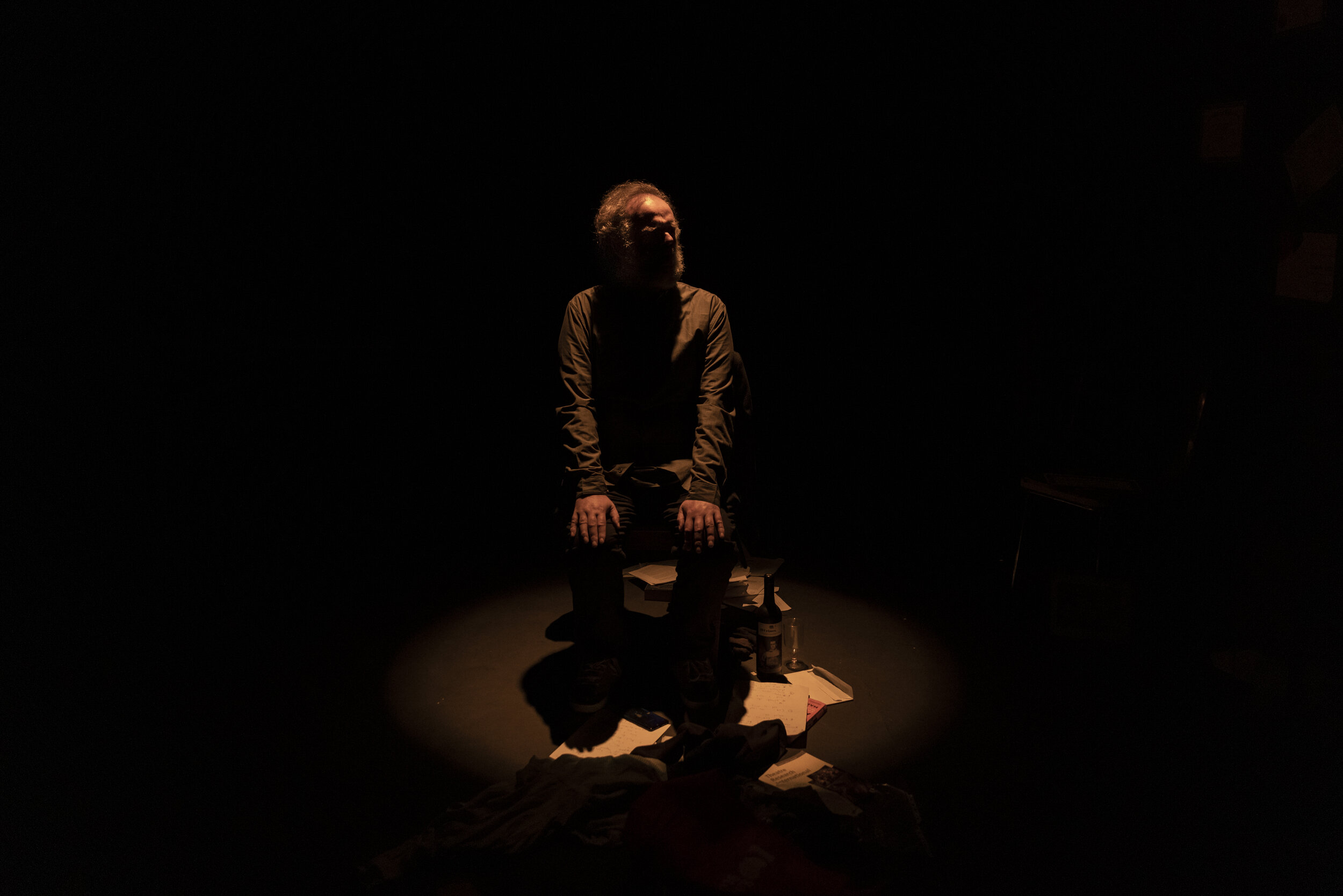
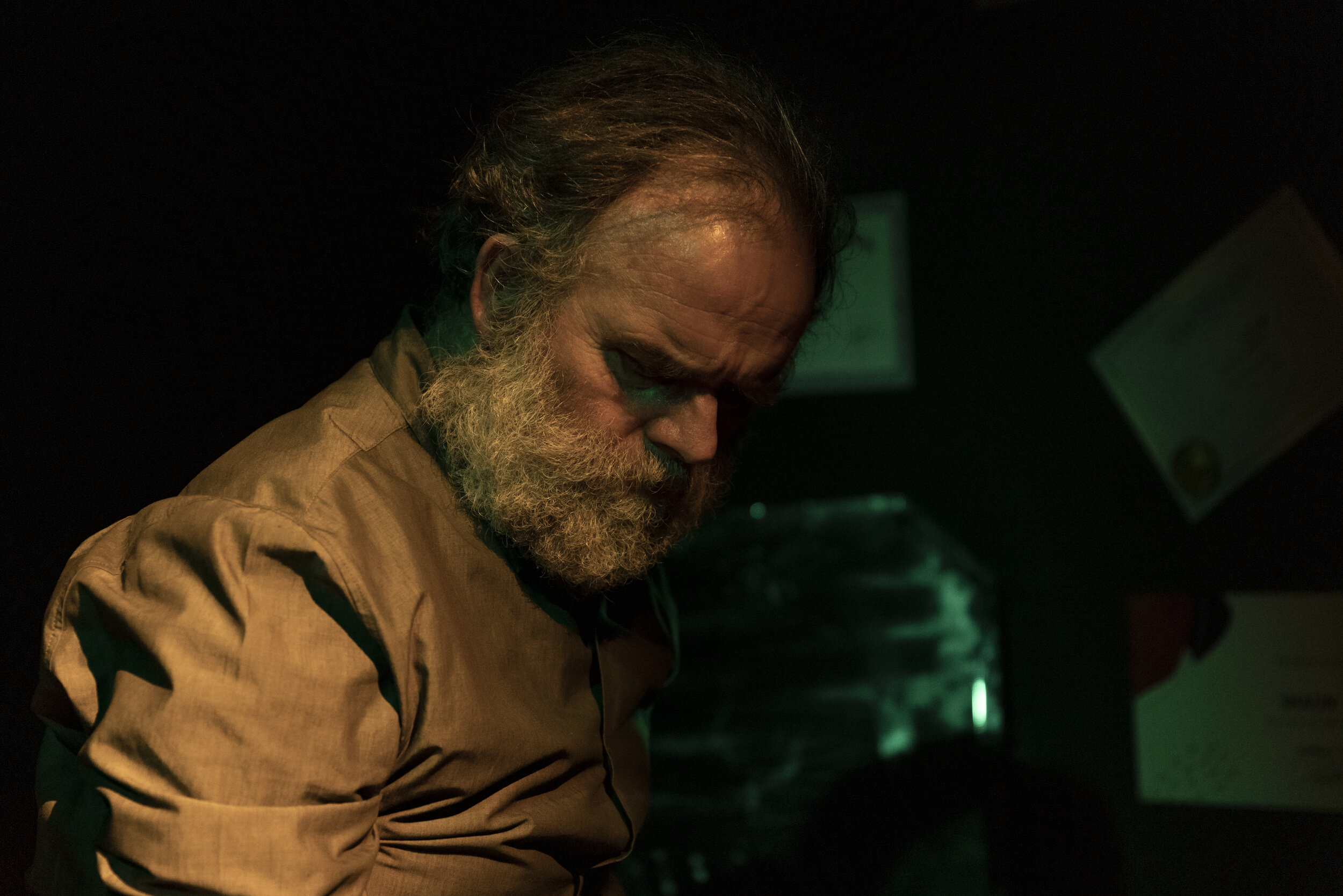
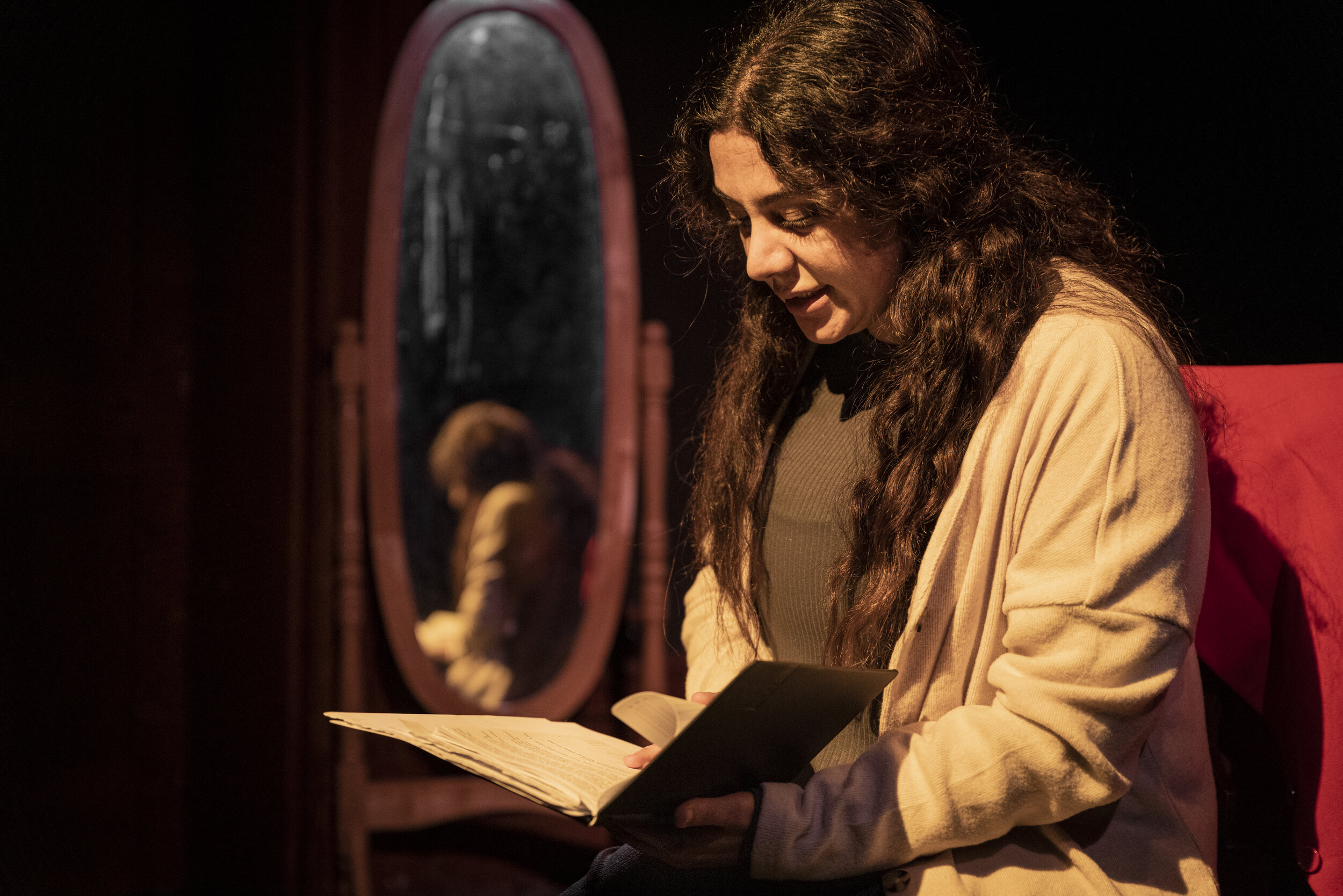
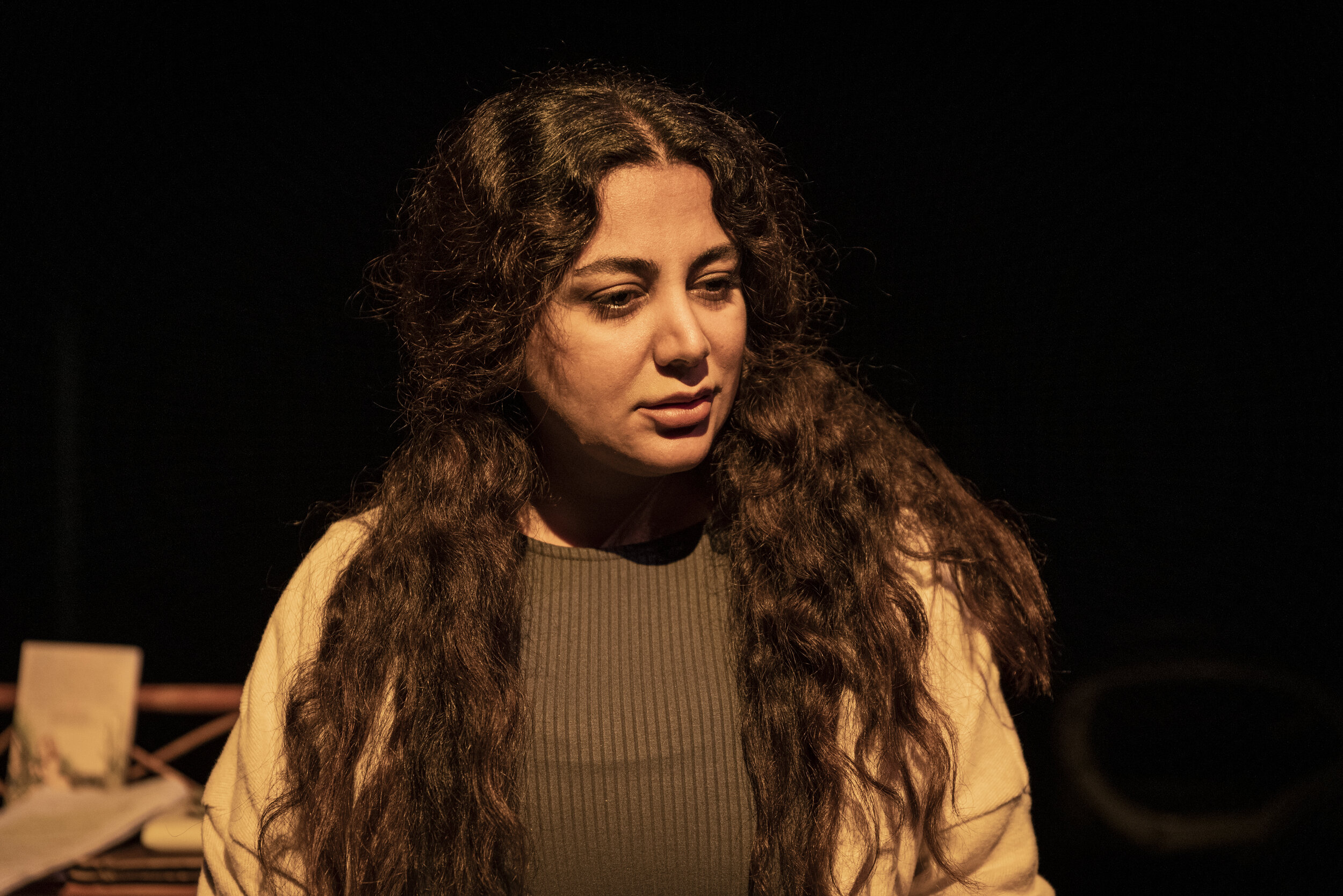
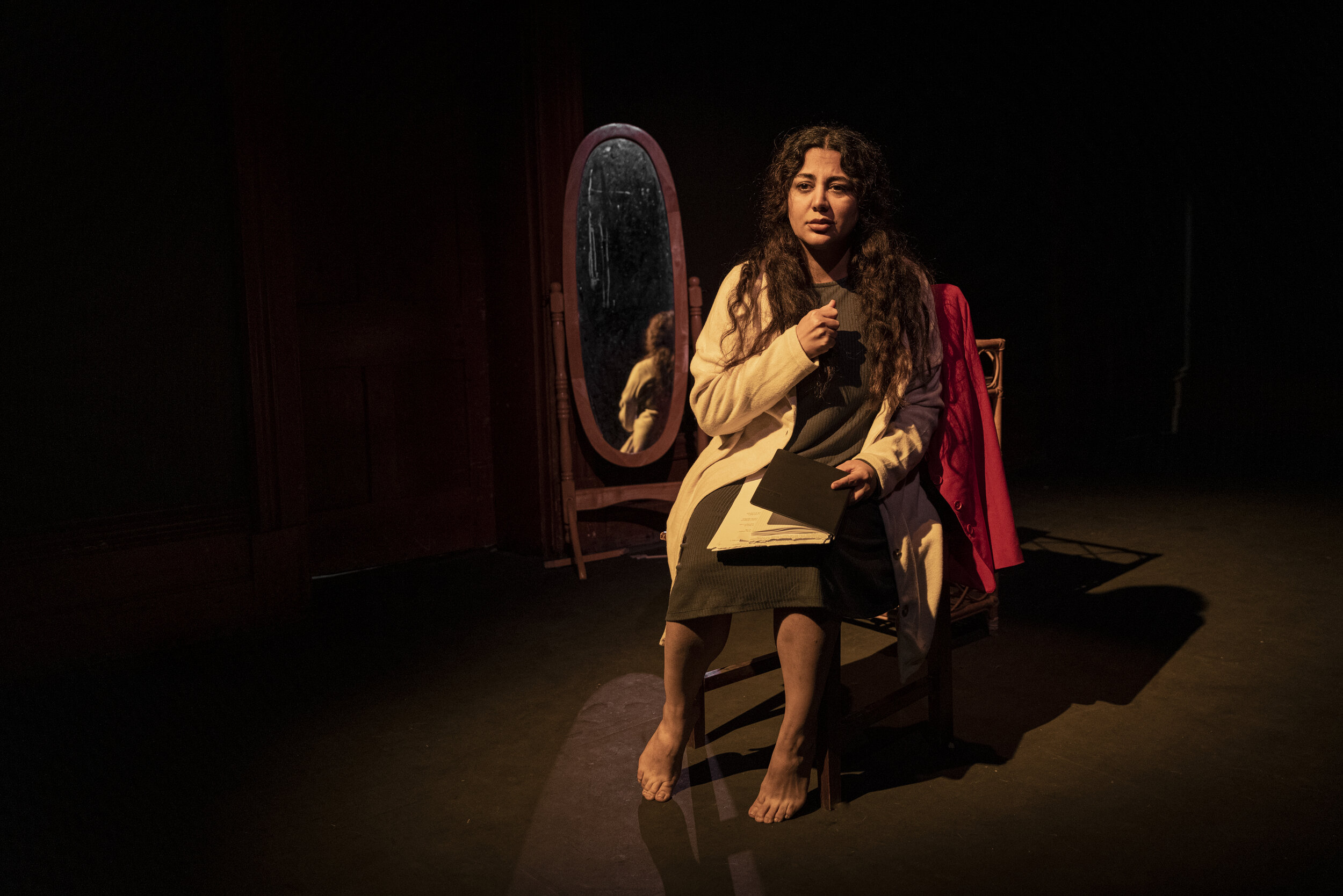
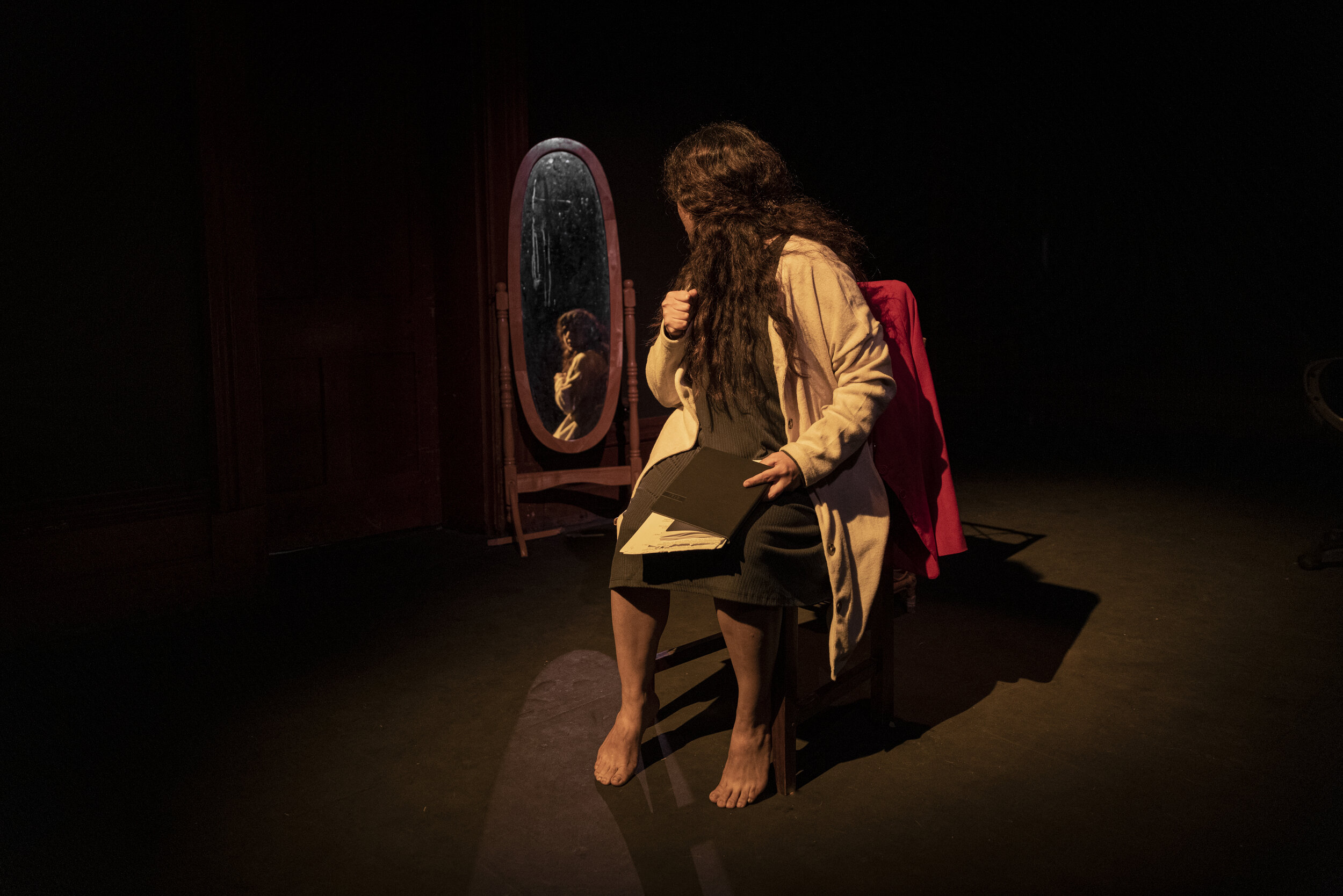
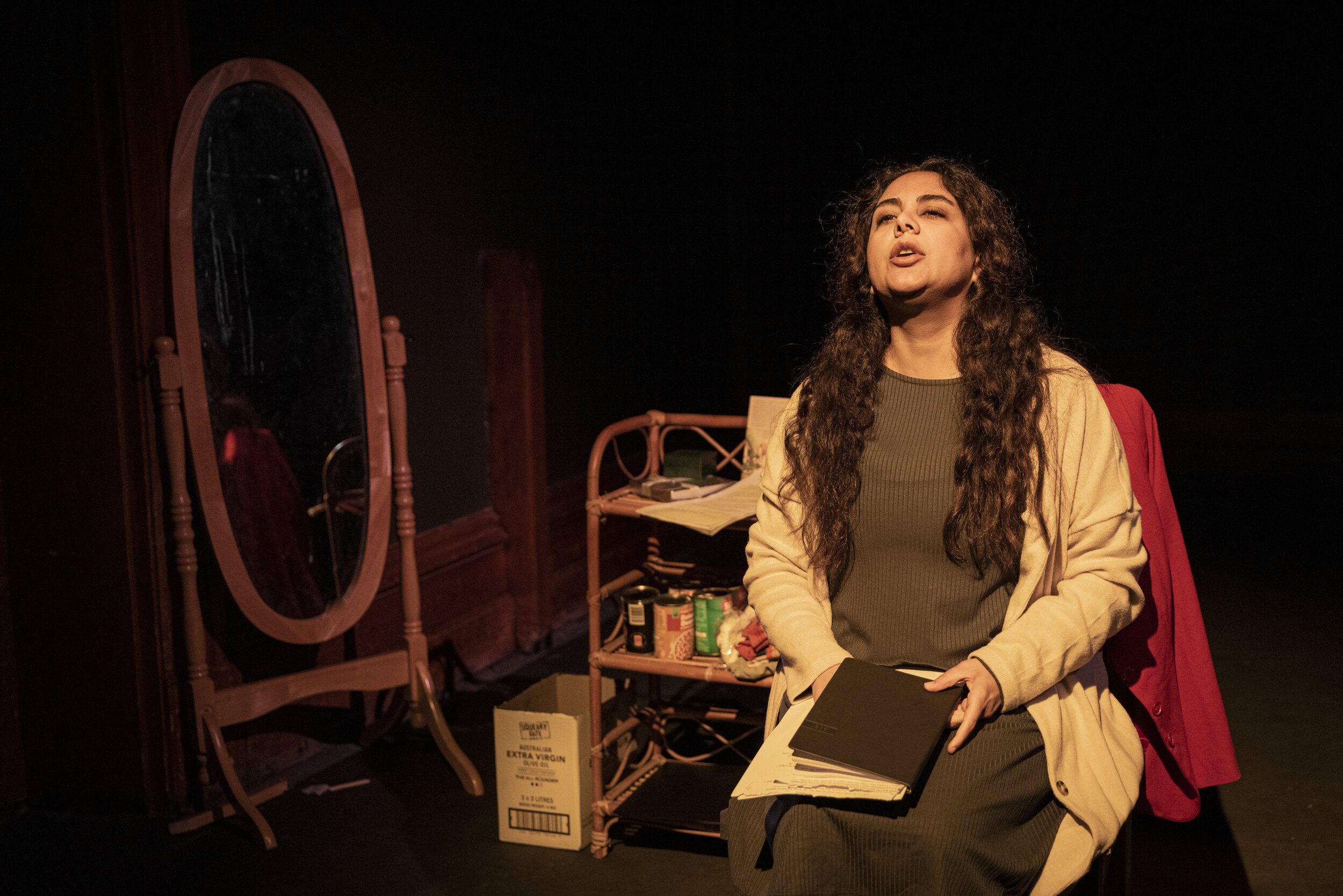
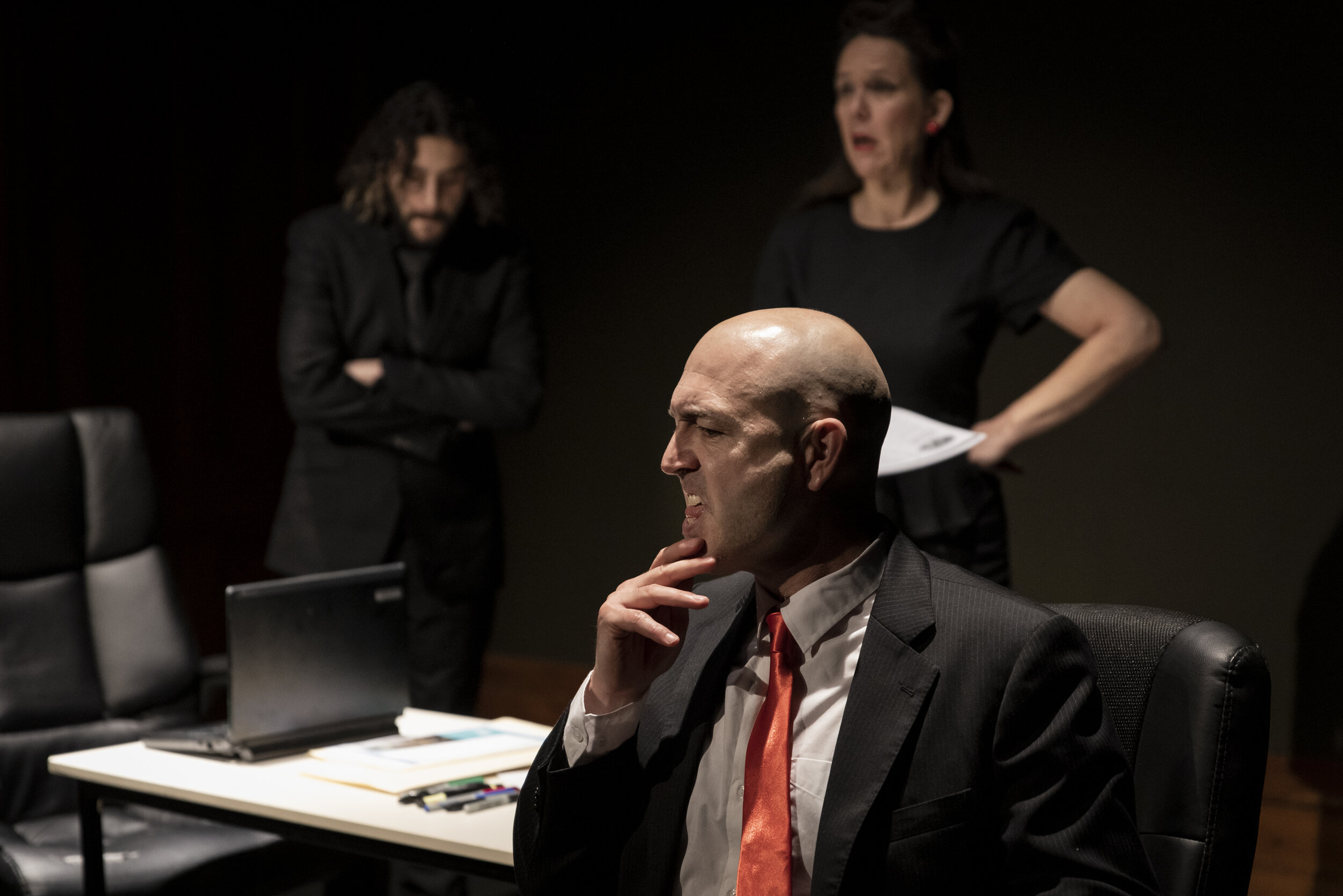
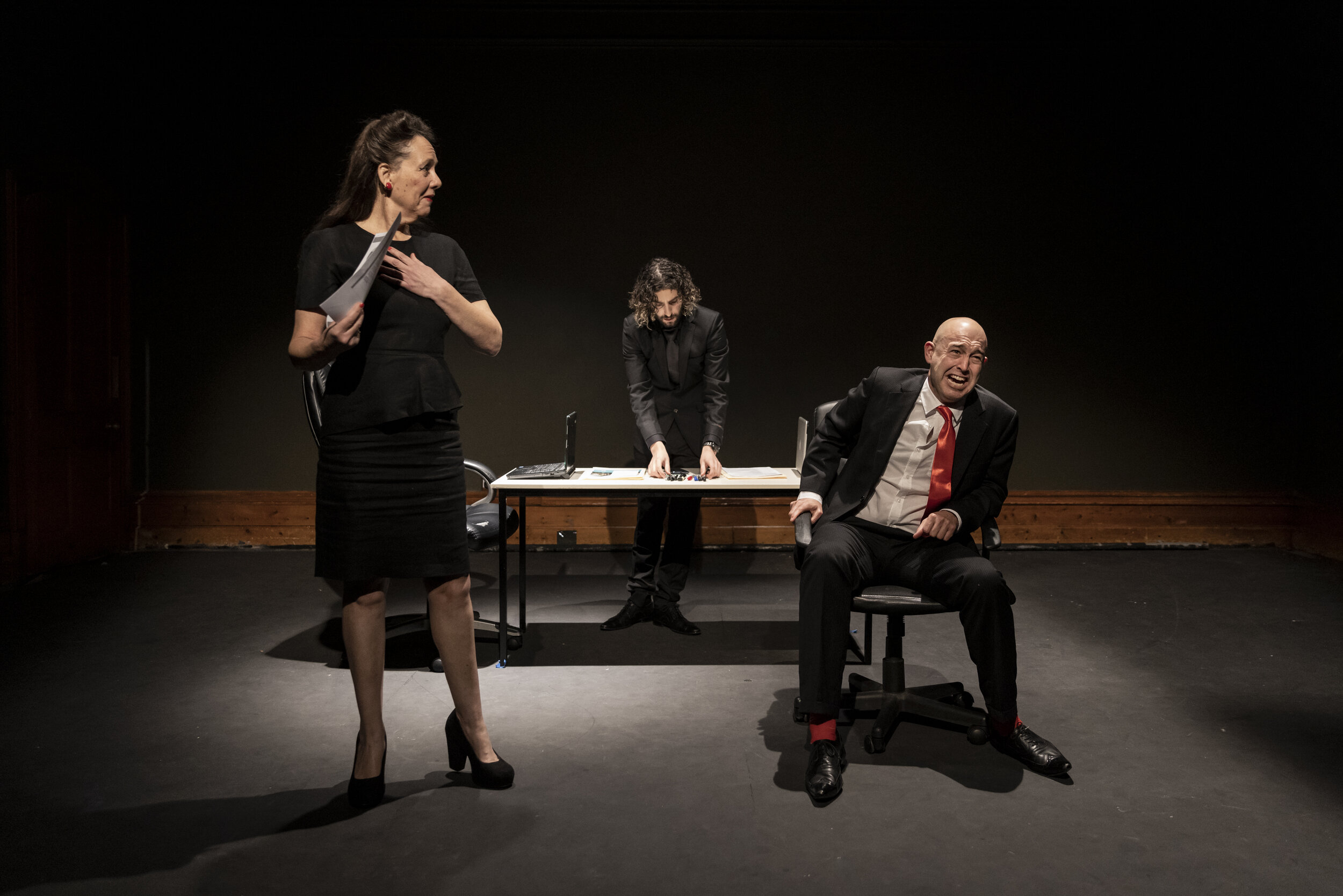
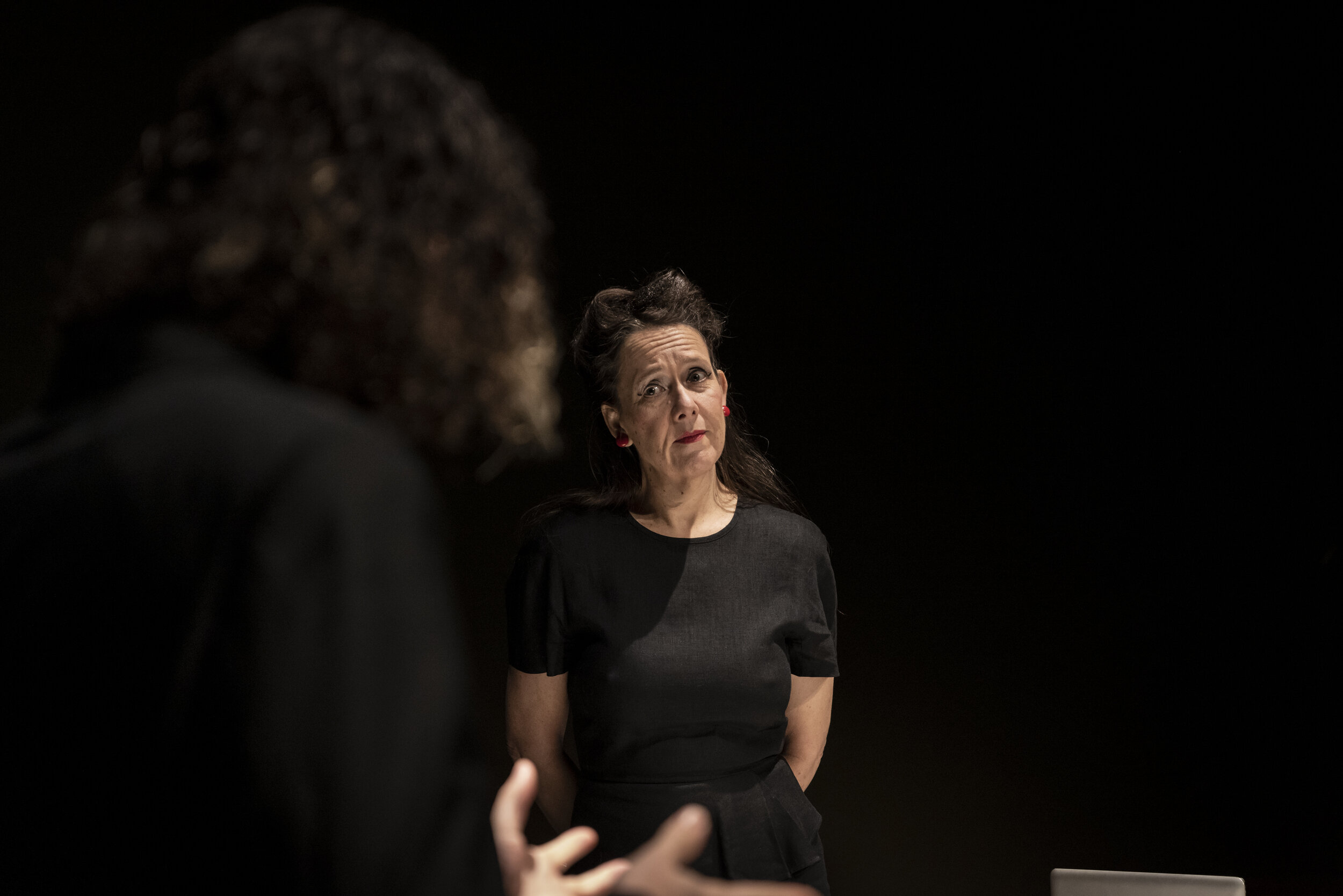
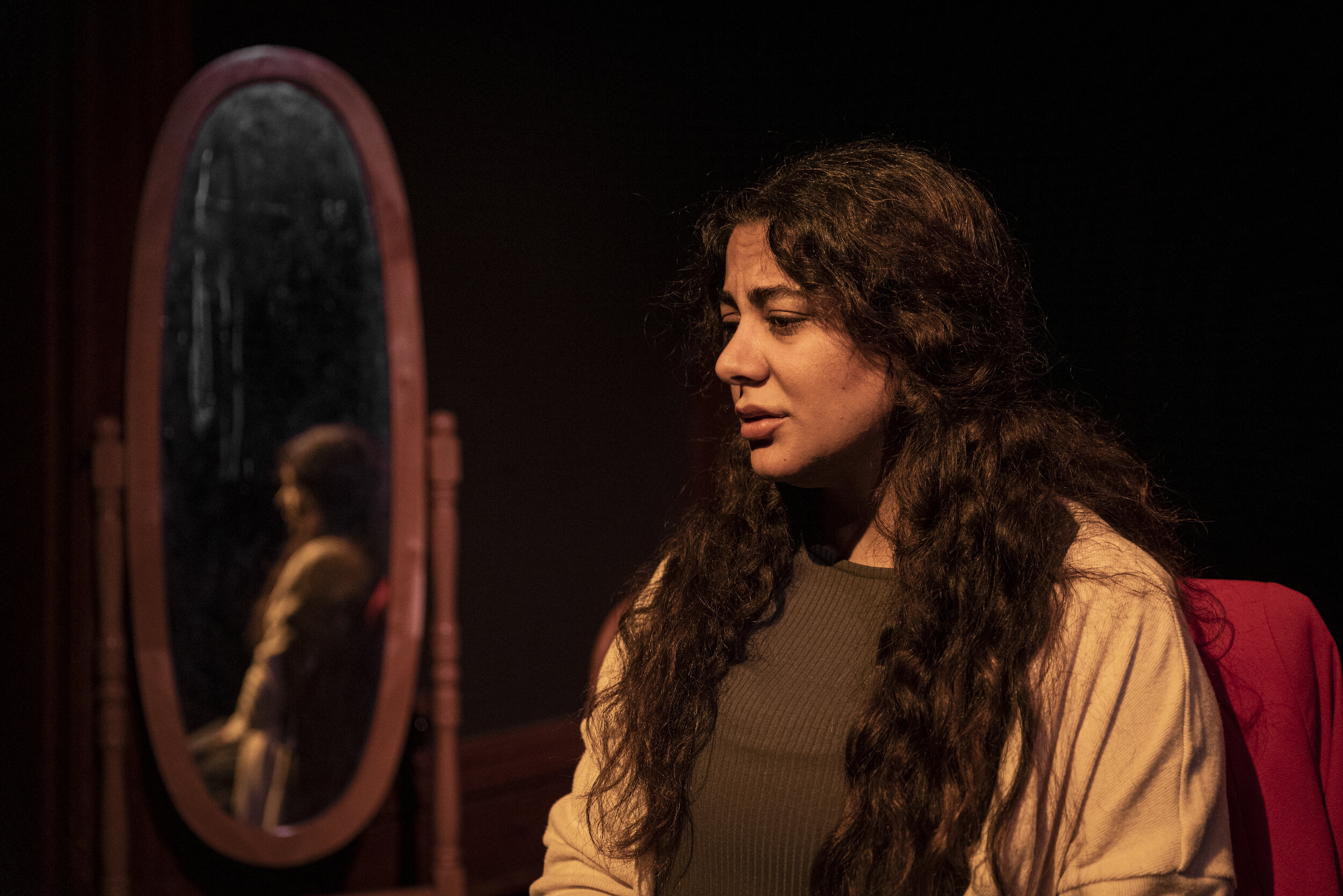
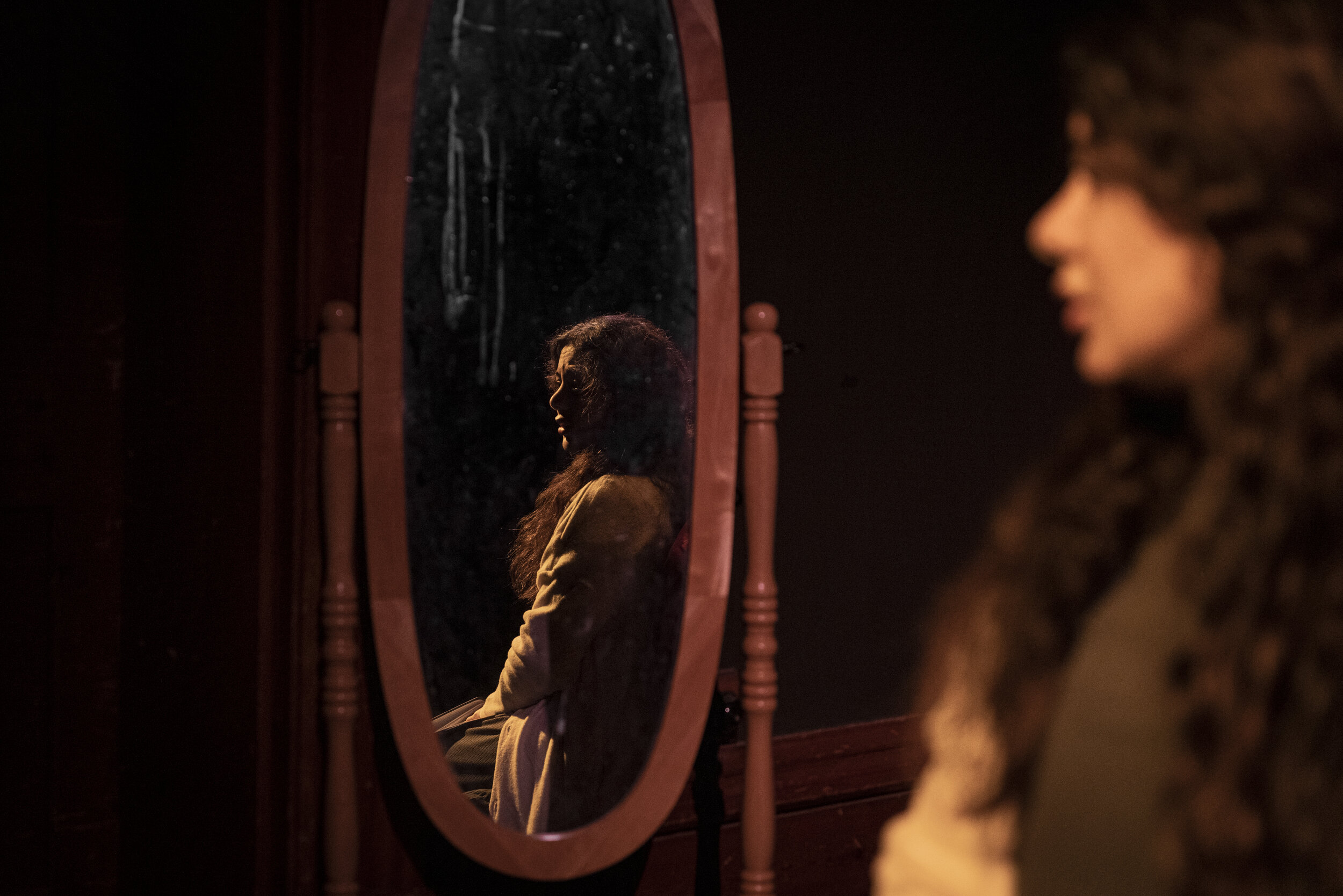
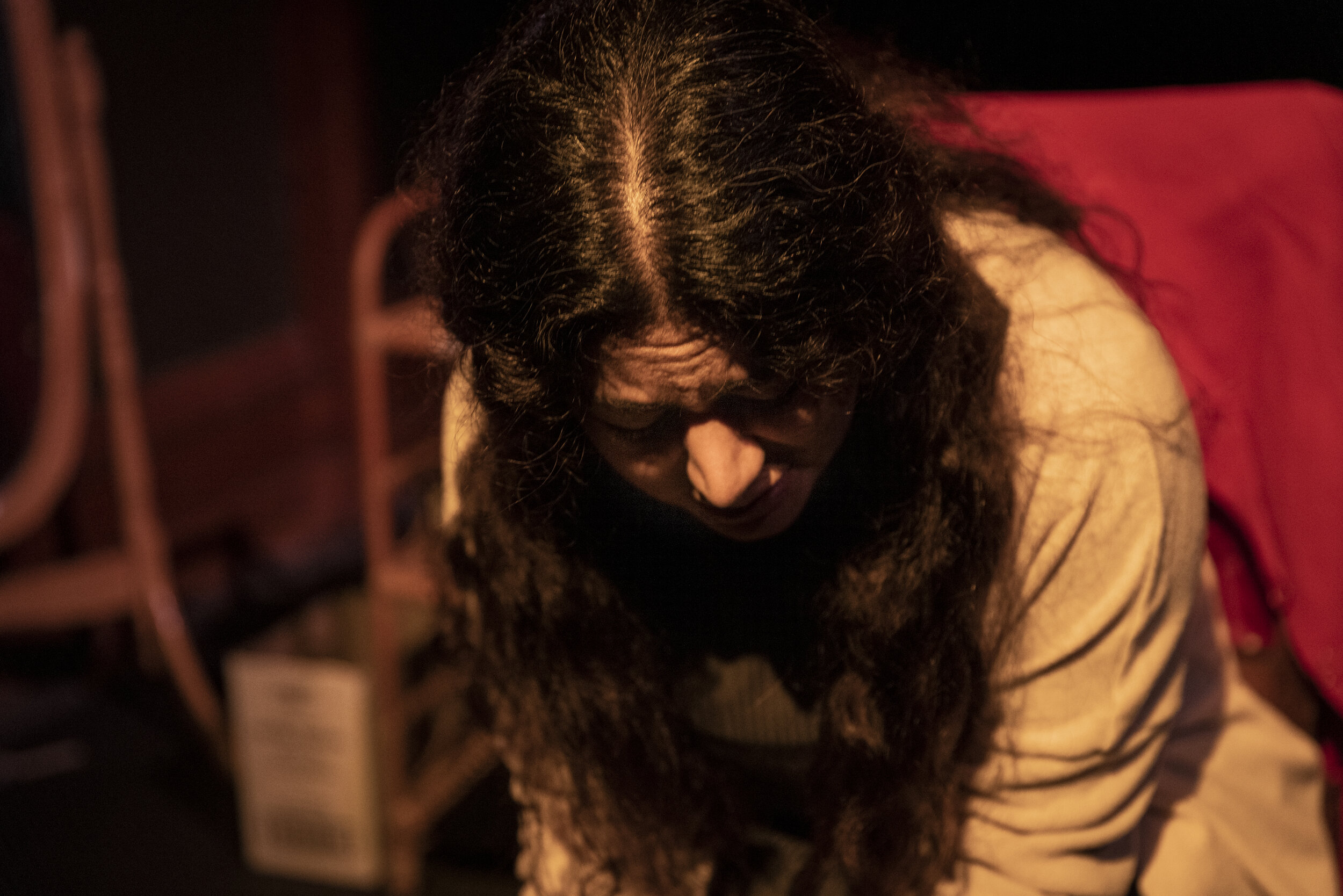
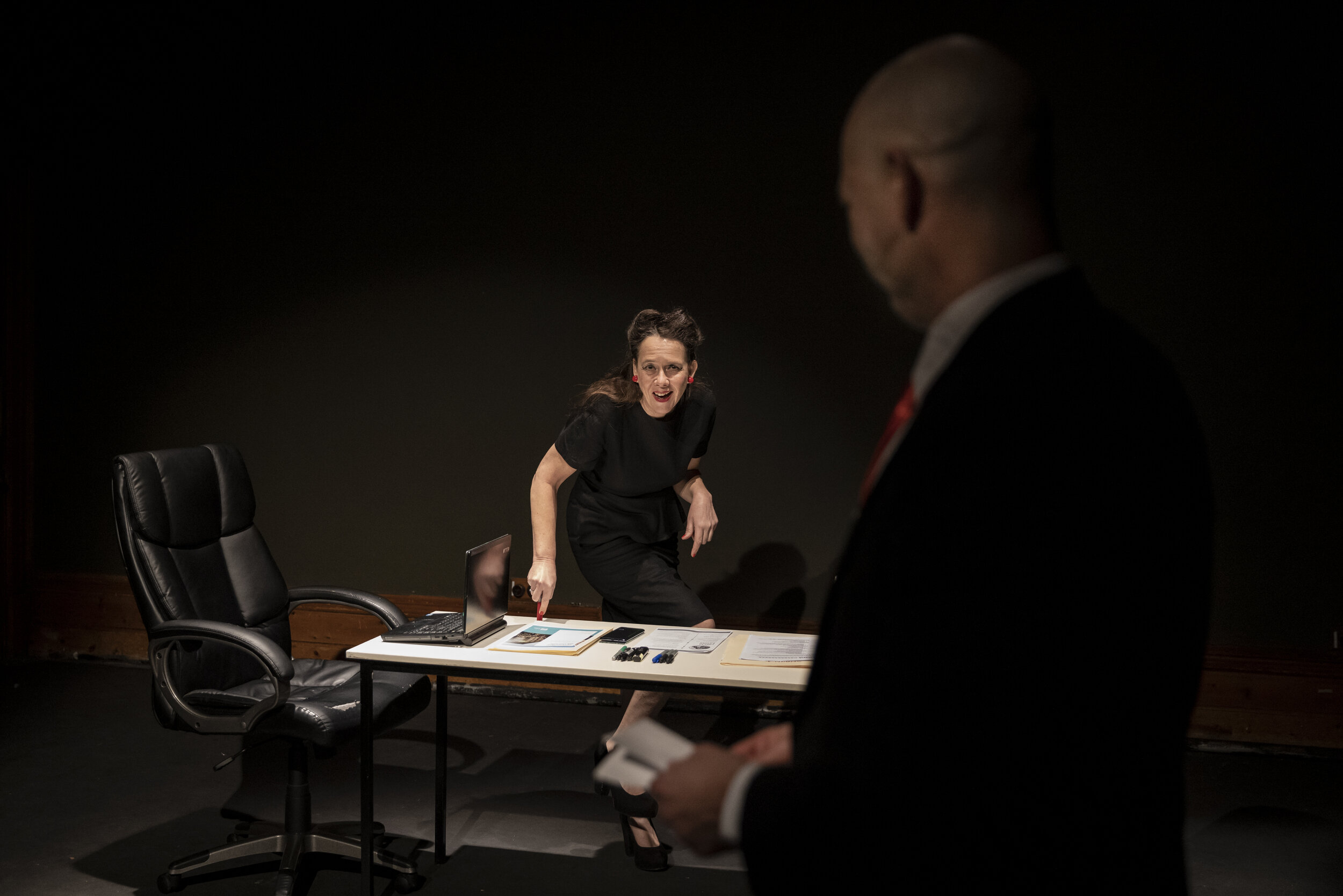
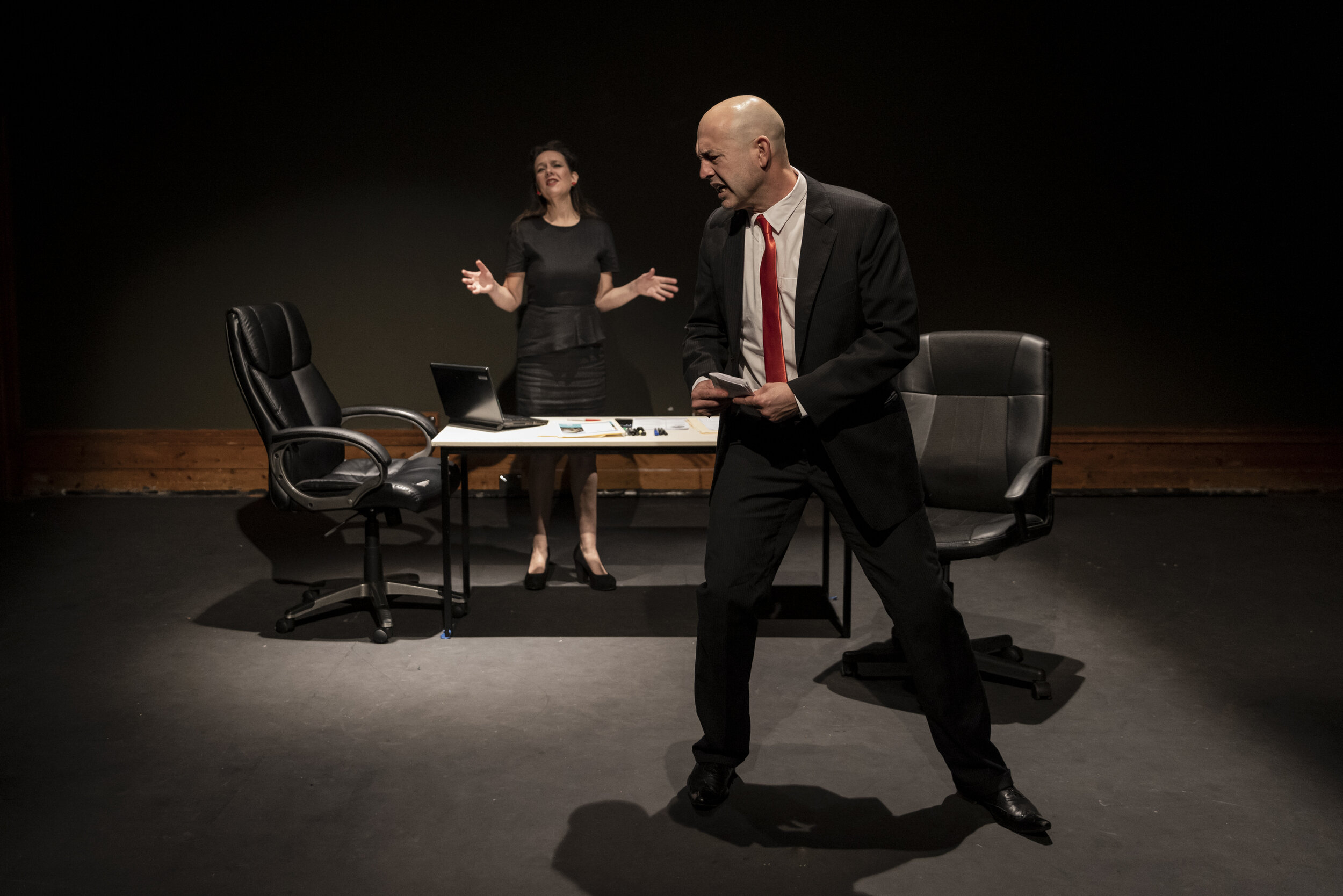
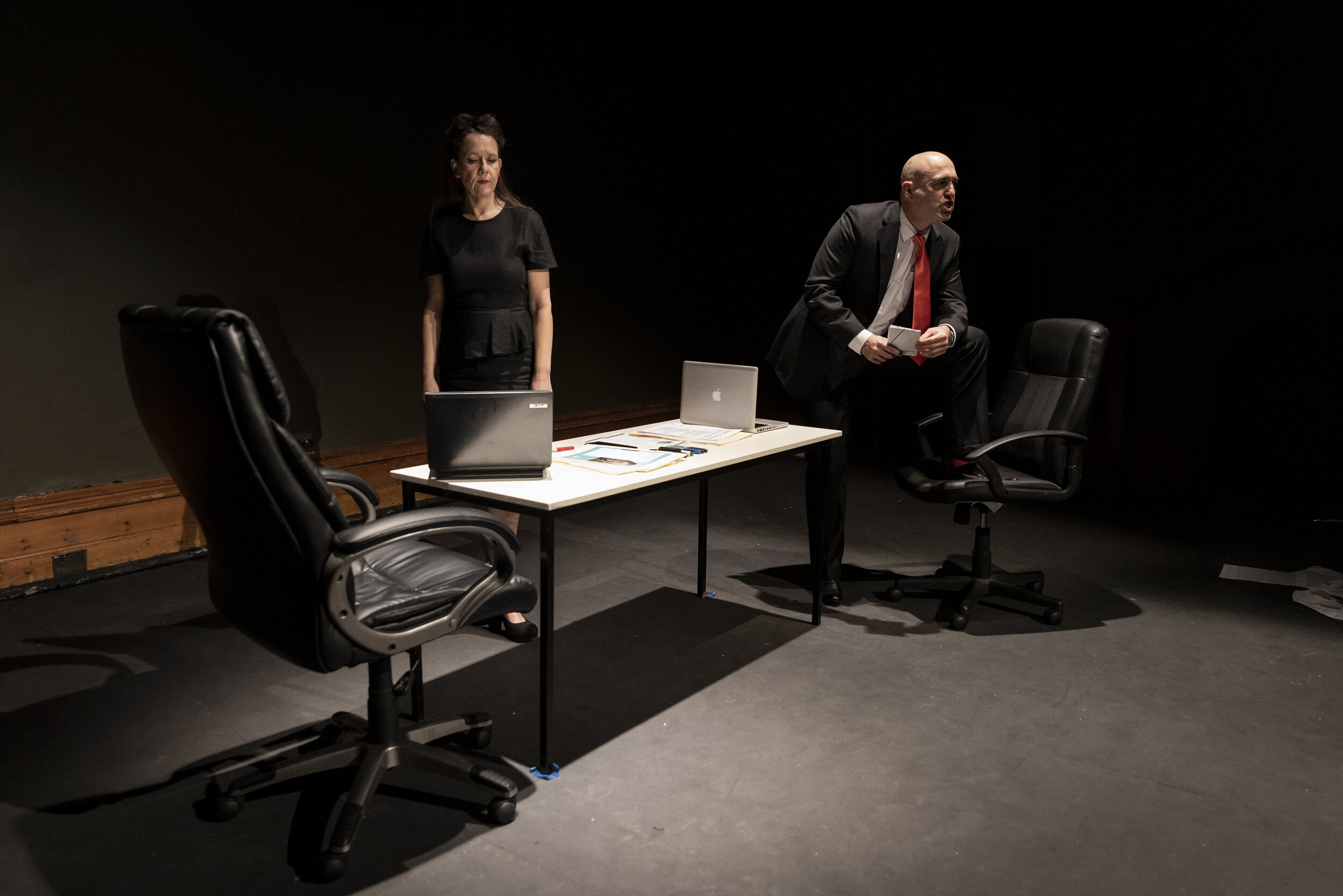
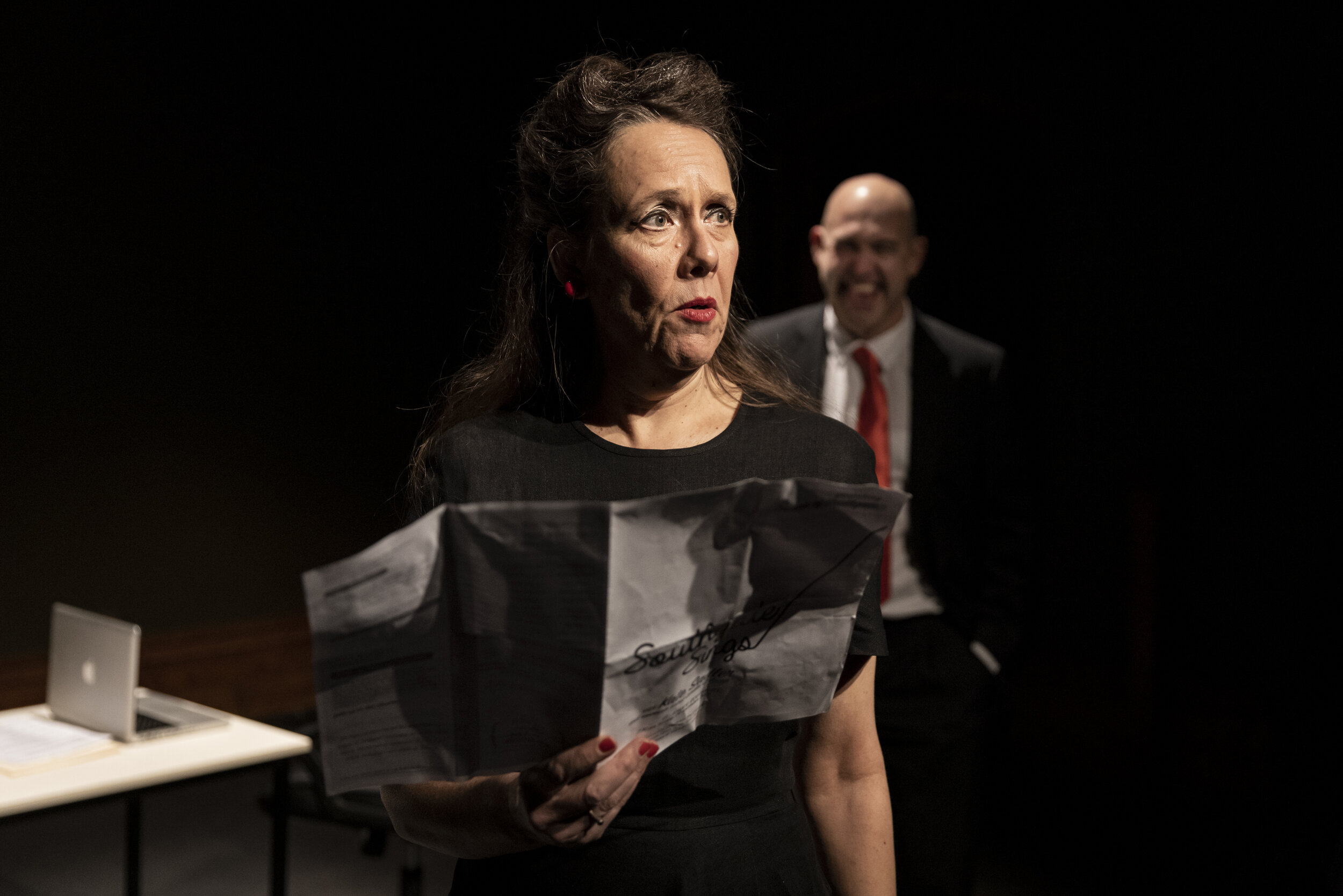
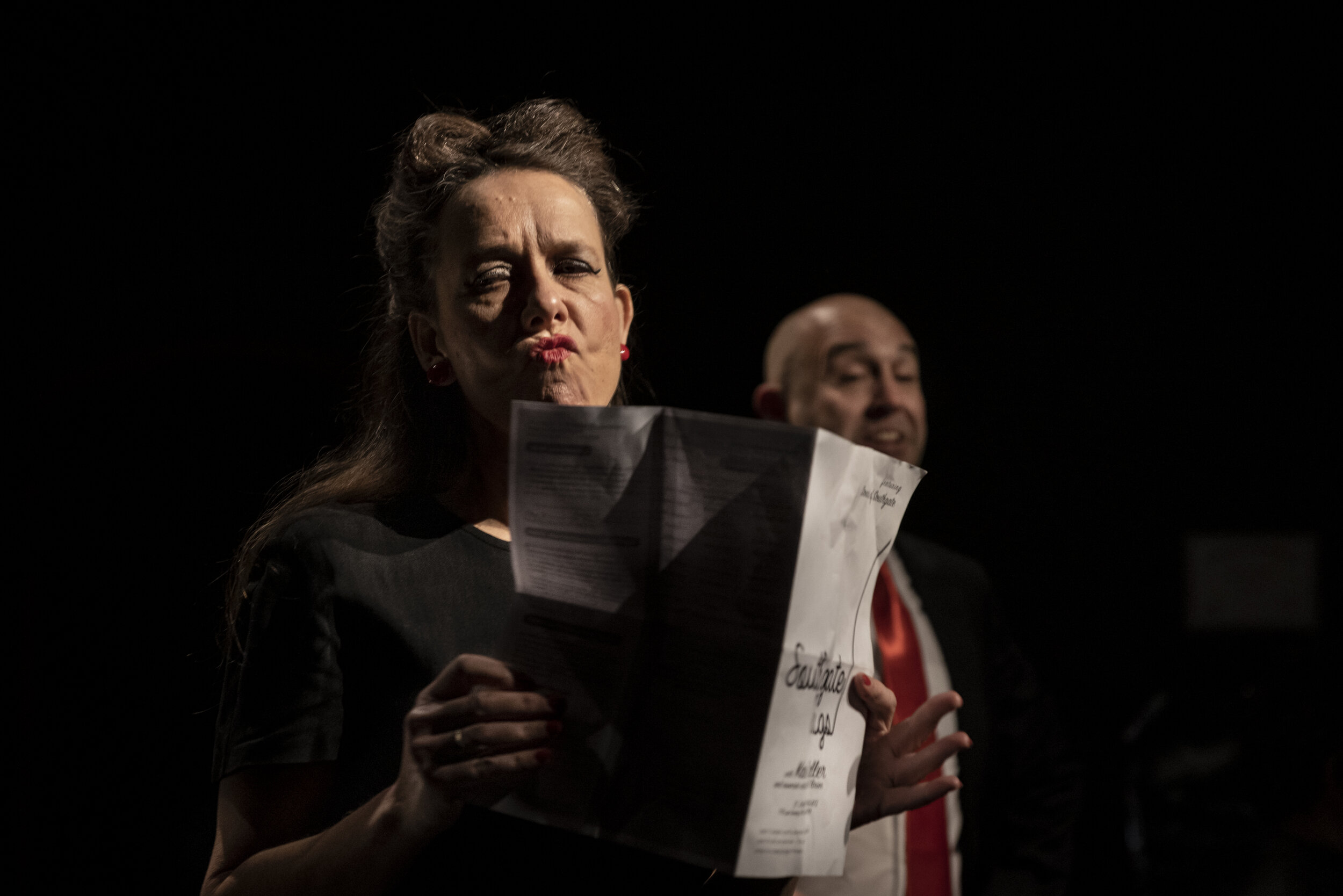
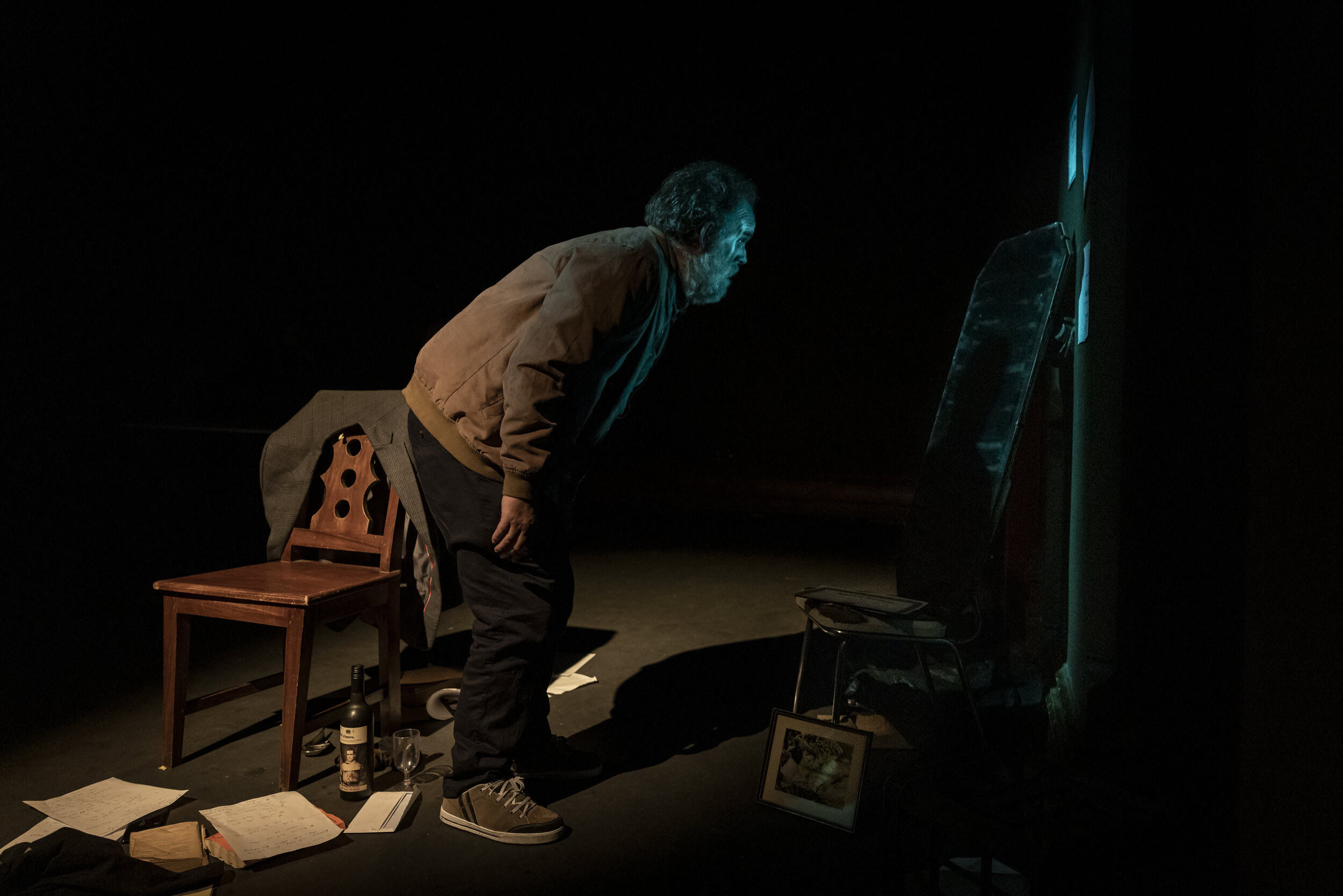
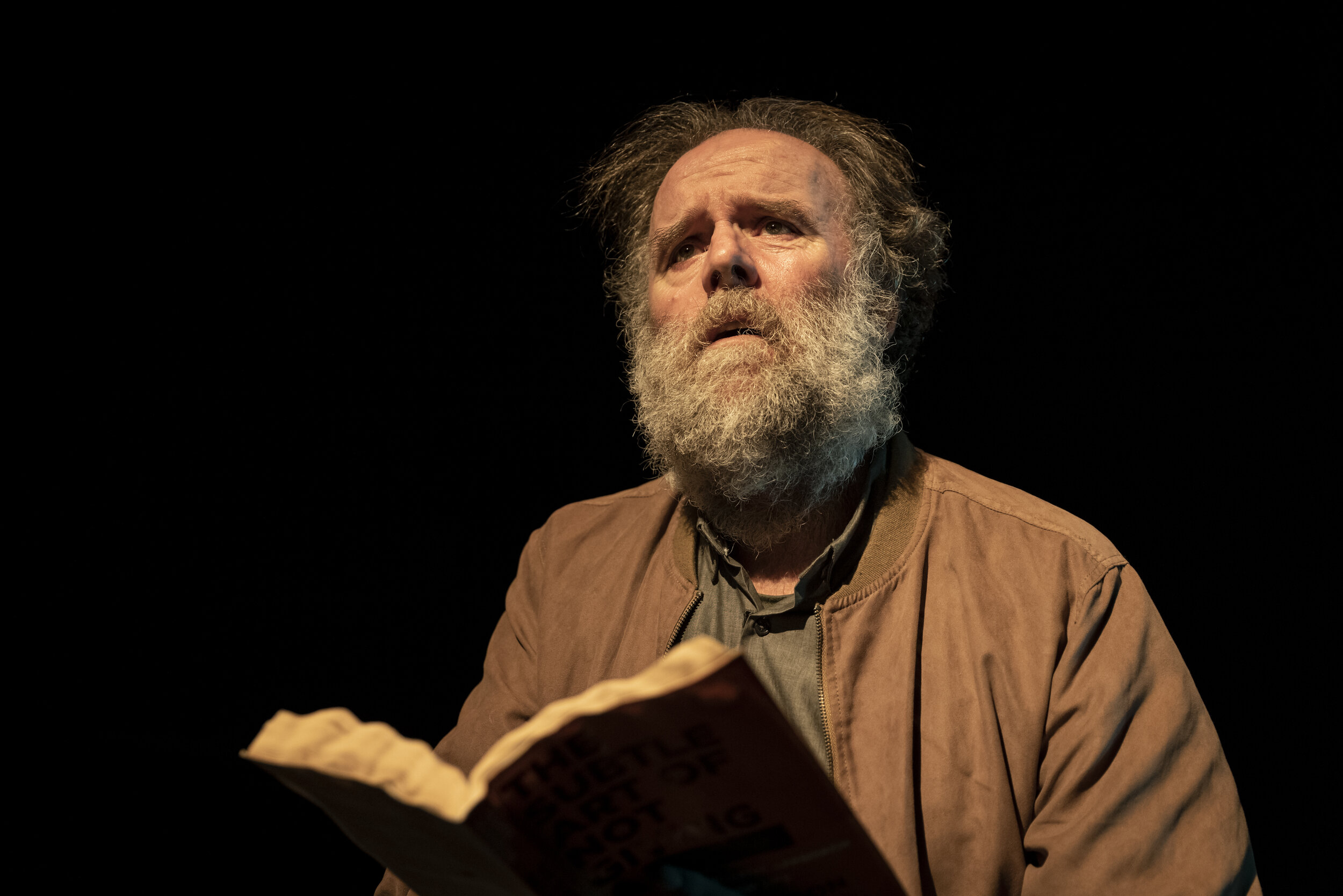
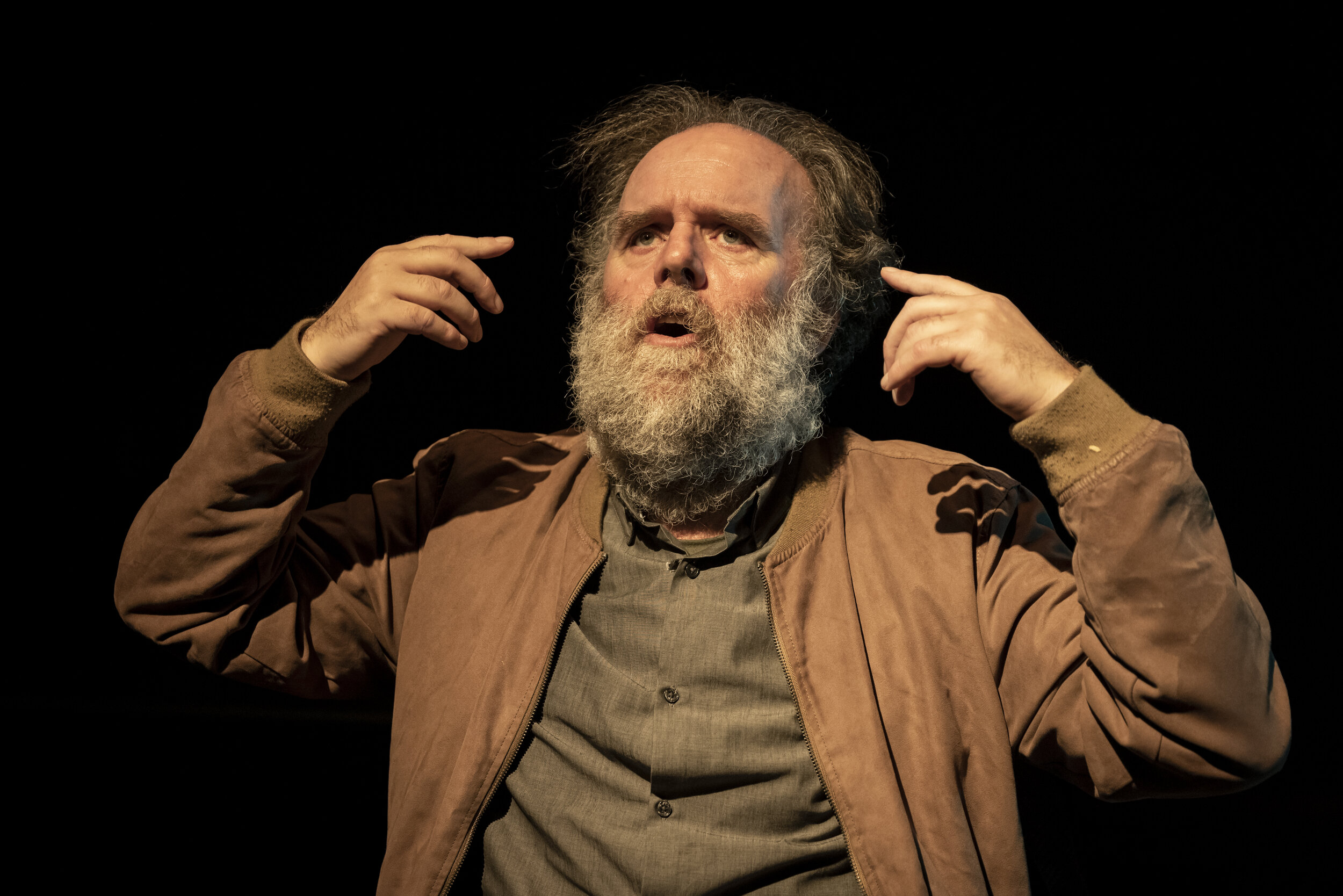
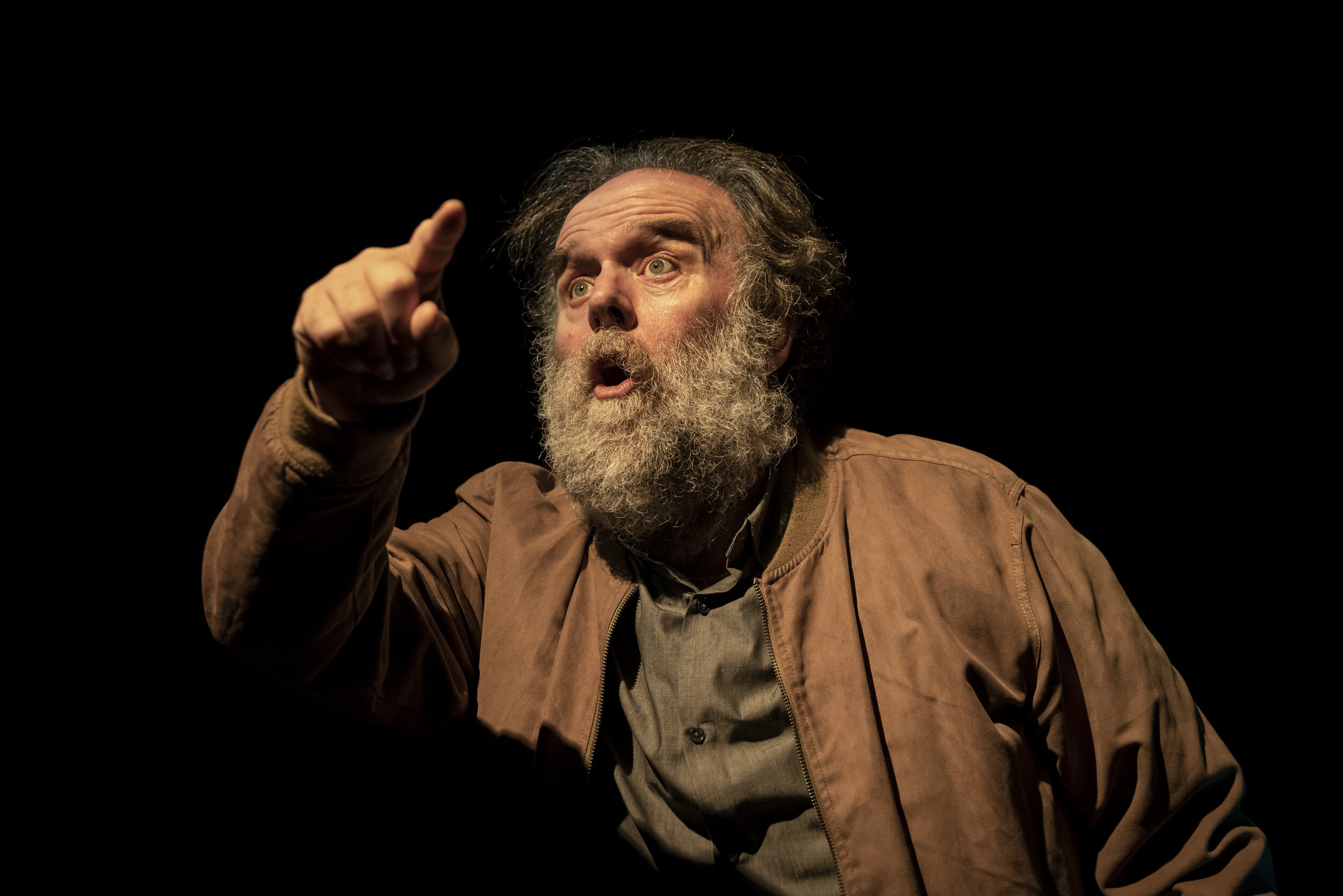
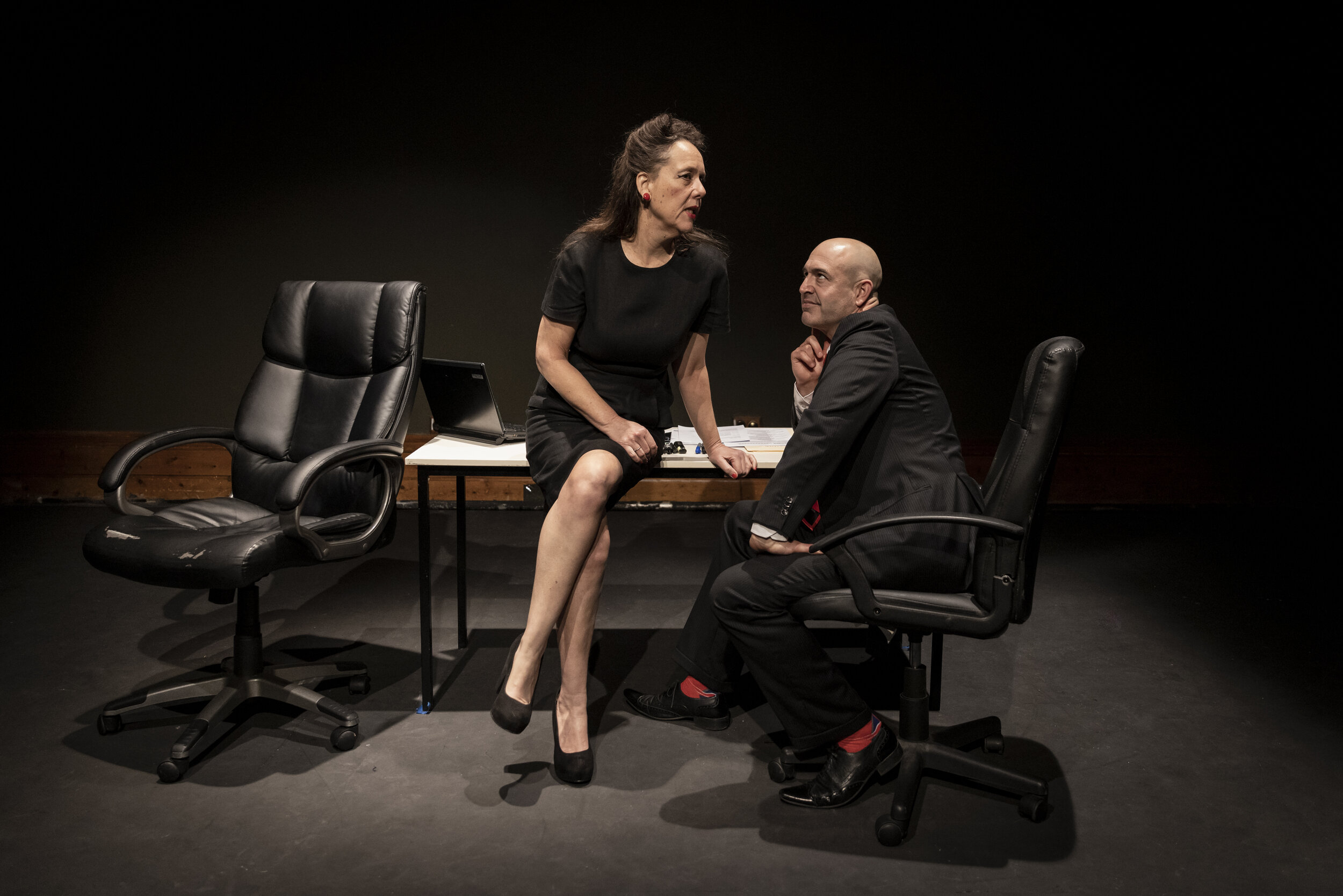
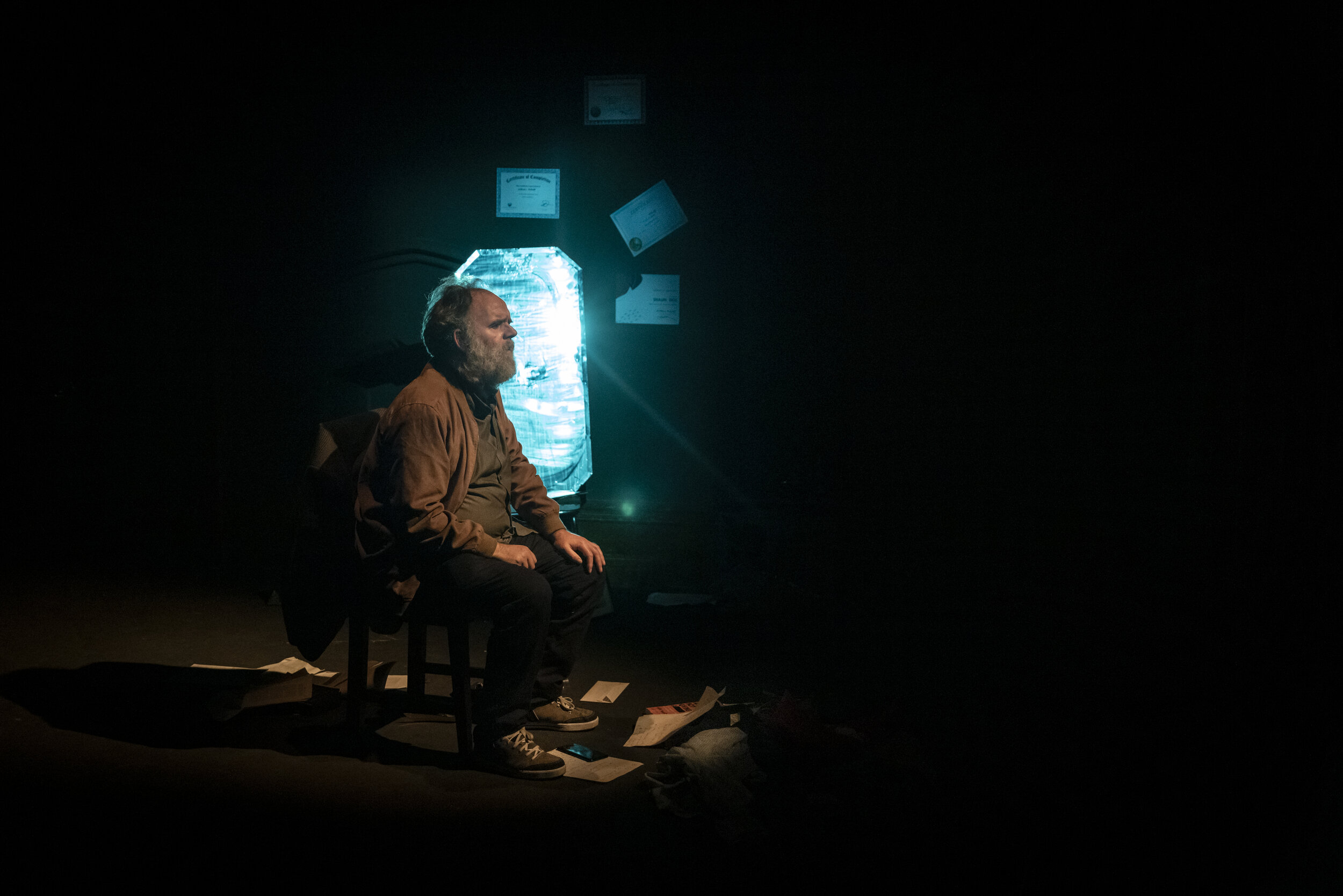
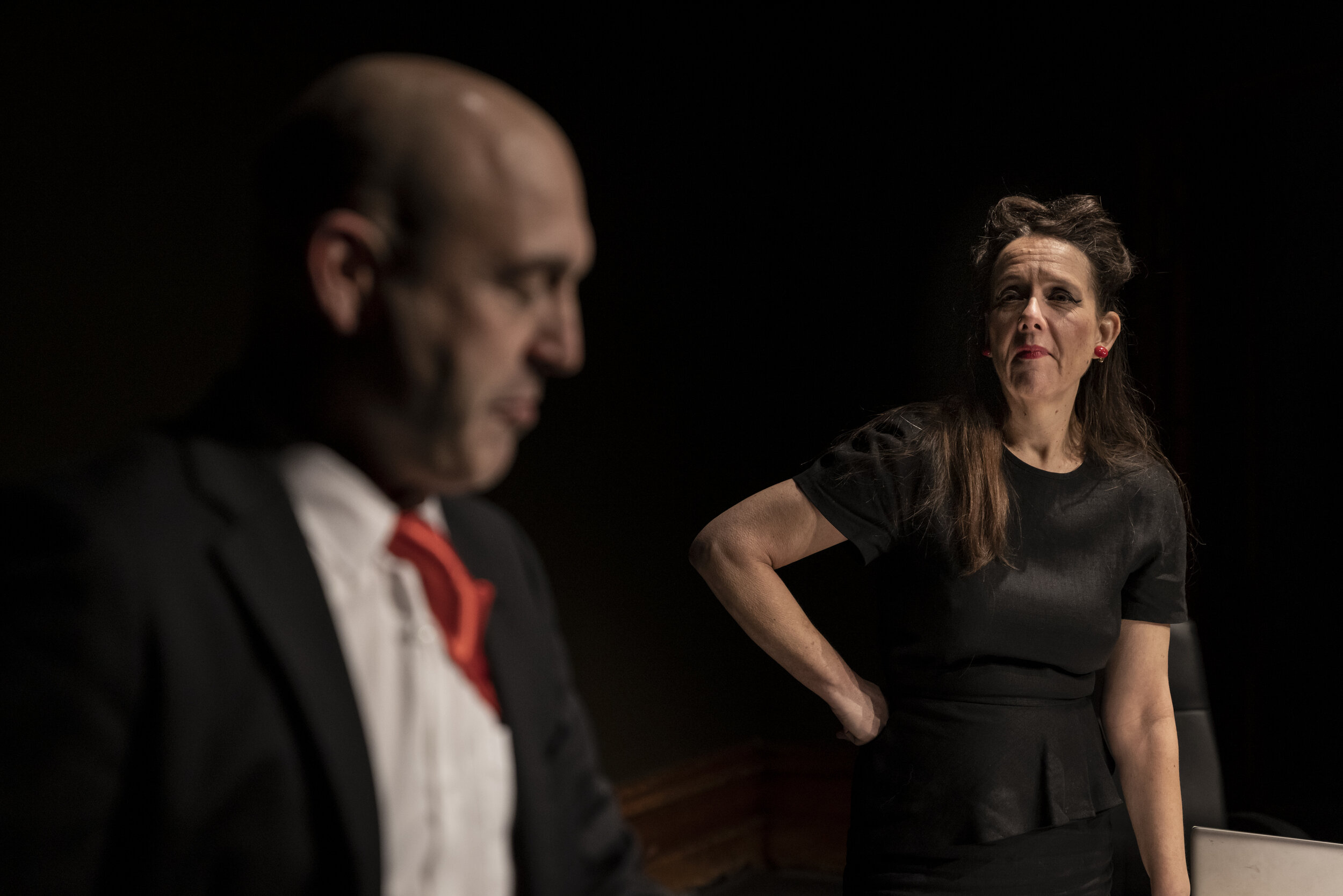
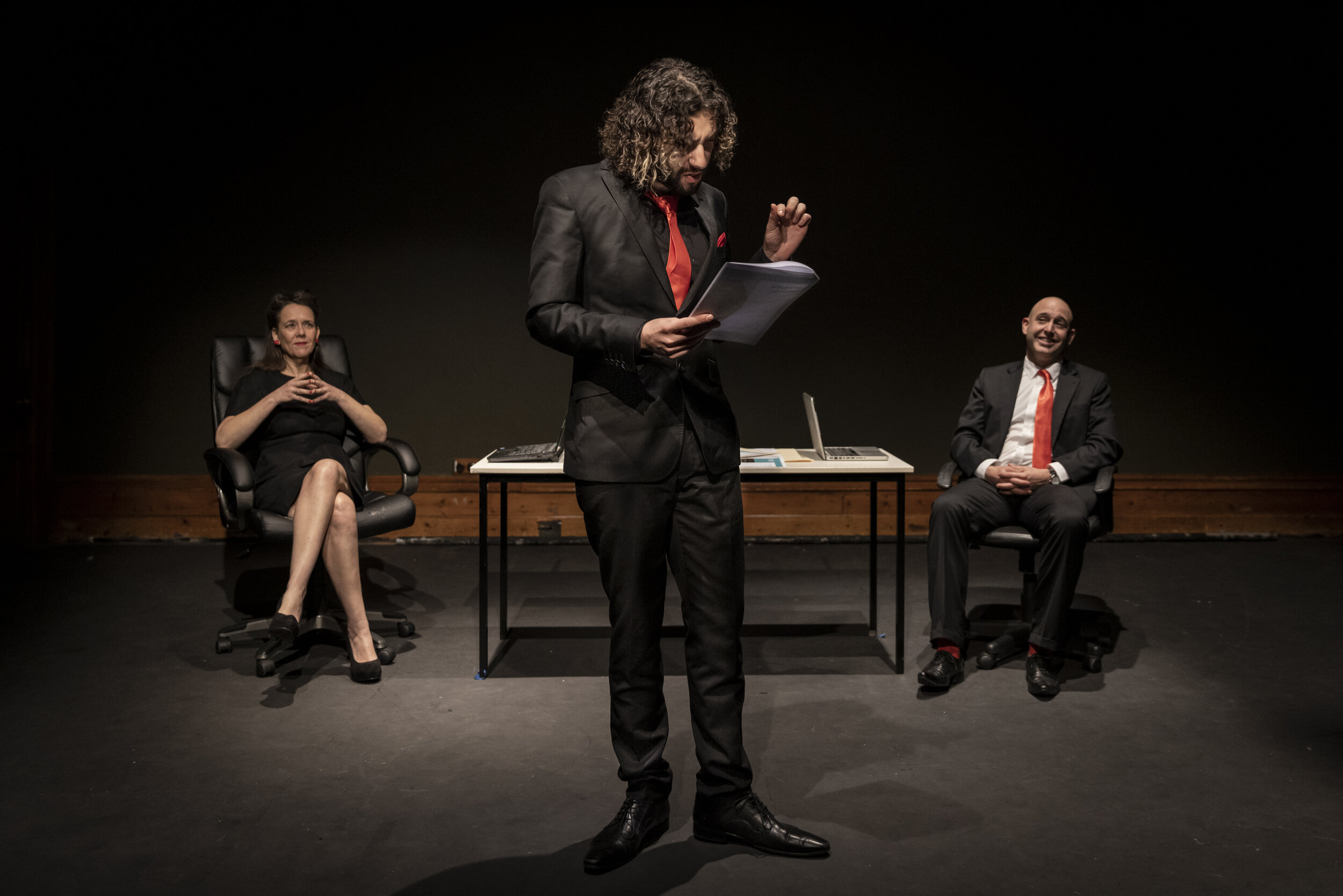
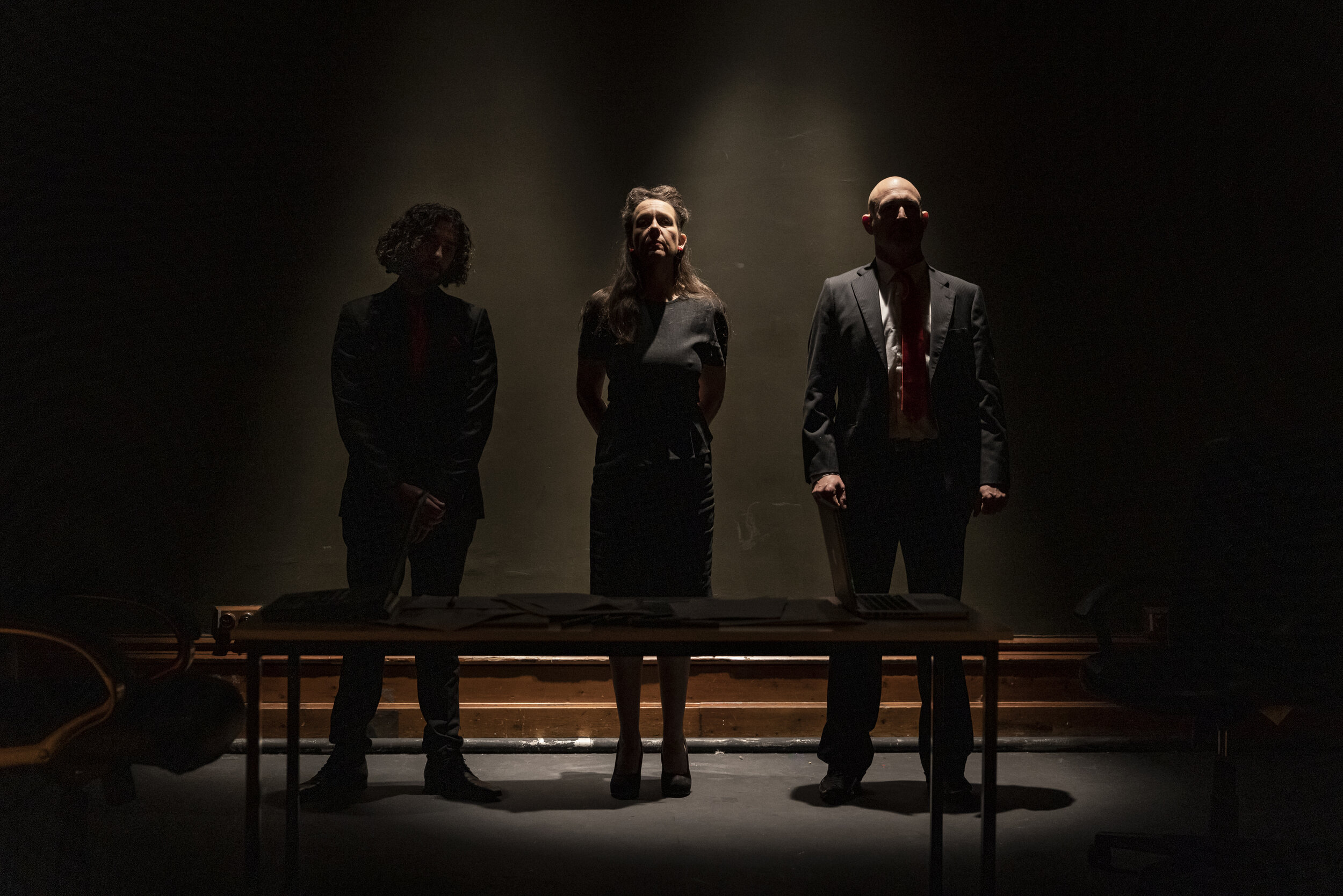
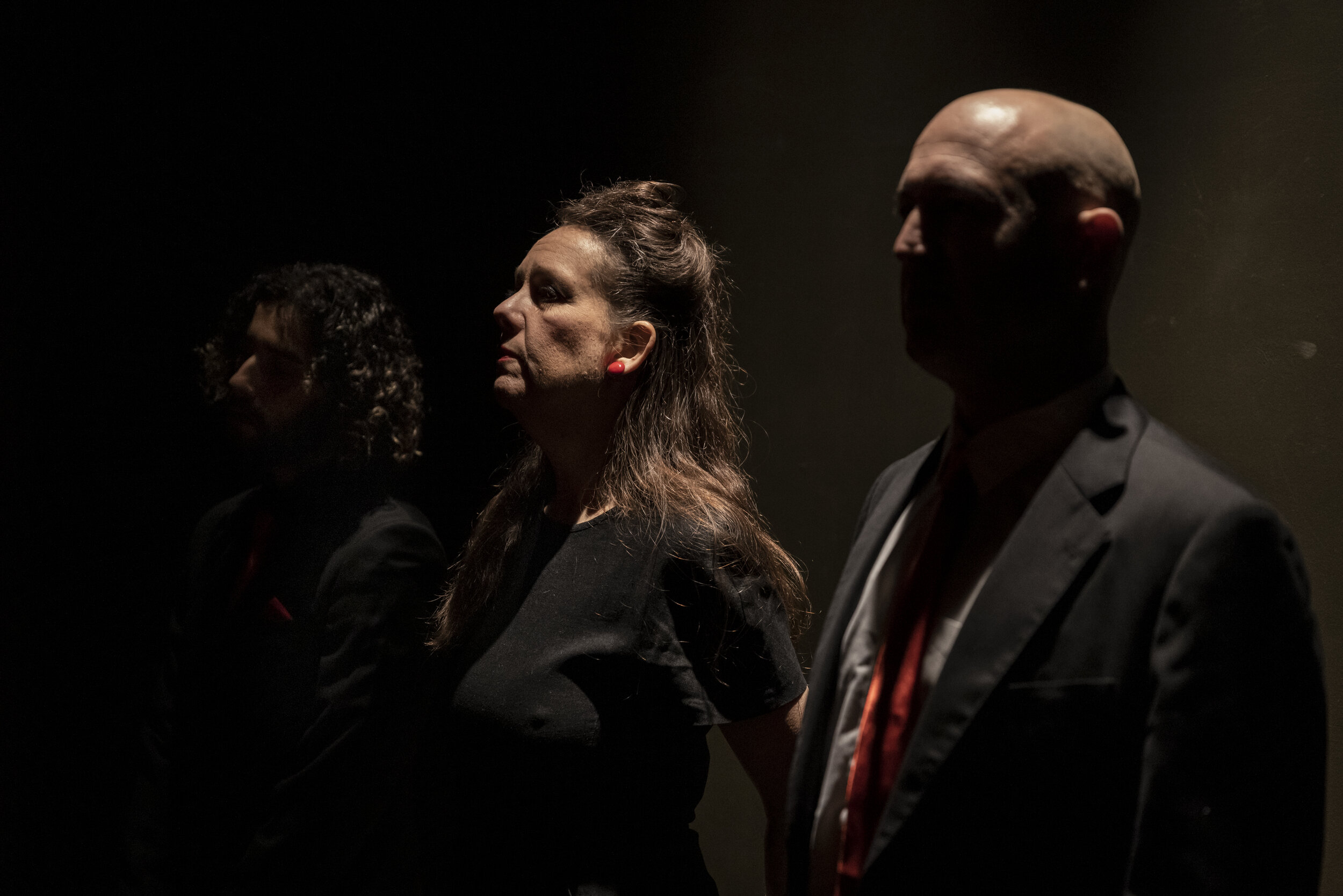
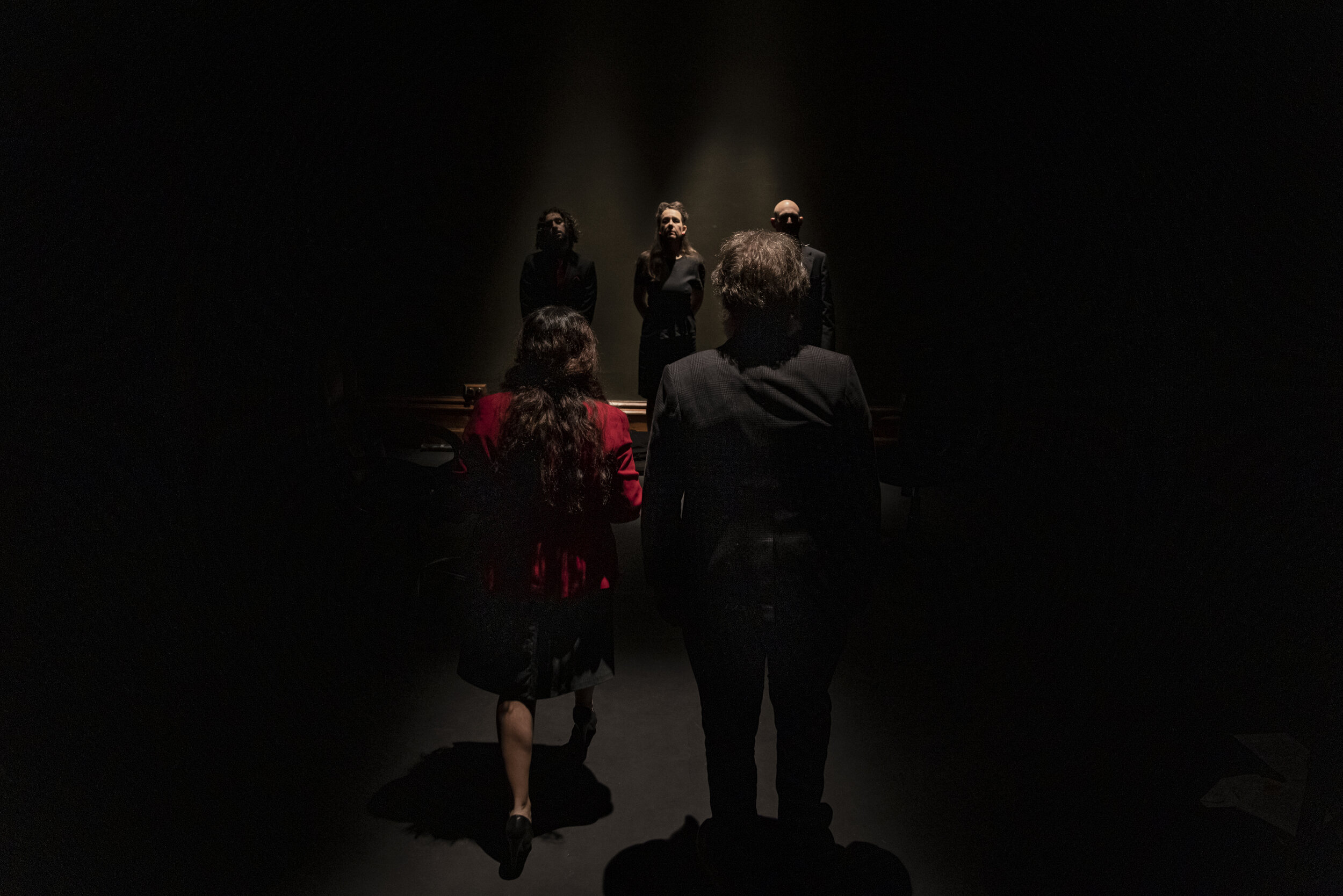
Photos by Darren Gill
Note from the writer
Those who have directly experienced hardship, poverty, discrimination, pain, suffering, physical and psychological torture, devastating losses in their lives and have gone through dark times, humbled by them and resolutely committed themselves how to deeply learn on reflecting about the impacts of their devastating experiences can begin to see and hear others' profound pains and suffering, loneliness and alienation.
The abusers of power monopolise language. They live with their bad- consciences. They are the ones who intentionally destroy the lives of innocent people, and comfortability live with their bad -conscience and indifference.
These people are masters of ignoring those who are not like them. These people know how to screen others out, disguise their true intentions, find justifications for their inhuman decisions and actions.
Tragically, another character dangerously appears amongst these evil people who are beguiled and fascinated by their abusive modes of thinking and acting. Desiring to be accepted by them, he is easily seduced by observing their entrenched narcissistic patterns of behaviours without questioning their destructive will and behaviour and their impacts on ruining other lives.
How the beaten, rejected, traumatised keep struggling by carrying their wounds and scares inside them?
Why do those in positions of power undermine the less fortunate than themselves who supposedly have the rights to obtain a secure and fulfilling job? Why does a society that claims to be free, democratic, inclusive, and caring shuts its doors on its underprivileged and those who seek asylum to live in peace in it and be free? Why do we allow those in power to abuse it? Why do we let them make the lives of less fortunate and unprotected people unbearable for them? Who benefits from conditioning human beings like Shuan, a local man, a citizen, and Virginia, an asylum seeker/ refugee, to go through all these unnecessary agonising moments in their lives? Do we see this deep feeling of isolation, loneliness and despair experienced by Shun and Virginia? Why should they go through all this ongoing struggle to figure out how to preserve their dignity and survive in a hostile world that ignores, rejects, marginalises and misunderstands them?
Who is responsible for their being rejected? Those who interview them or the society in which they all live?
Does this play raise challenging questions about why does society reject its powerless members?
note from dr. SCOTT welsh
It is on the margins of society where this play sits, where ‘white male’ signifies the criminal or the failure, not the privileged. He cannot be powerless, so he must be dangerous. But that is not all. In the grim darkness, in the shadows, at the corners of the earth, one hears amid a mortified silence those who mock the misfortunes , the social misfit, the discontent. That is in this play. There are the voices of this society’s discards, and they do not whisper, but howl and weep tears of blood in the privacy of their own rooms. The alienation experienced by the three characters who have fallen through the cracks in the decaying social structure believe the lies of the establishment, represented in the clown-like double team of the workers at the employment agency. Their sociopathy pervades the entire atmosphere from their first appearance, and fills the audience with a sense of dread and despair that the desperate cries for help uttered by the lost three will surely go unanswered. What is most terrifying about this play is that there is no hero, no-one anyone would want to be. This gives the play its deep sense of futility, for the powerful are totally corrupt, comically so, which only reinforces an unrelenting anguish deeply rooted in the voices of the disposed , marginalised and disposed .
Shaun stands in front of the mirror, asks himself how to sit, how to behave, what expression to wear on his face, what clothes, what body, what reaction. He has been terrorised by a system as corrupt as some of the distant war-torn lands we hear of in this piece, where Virginia is getting ready for her job interview and tells us about how she left her country where war destroyed everything, people tortured, mutilated bodies subsumed, their selves obliterated. Shaun a white man stands among the black and brown people in this play, because the language of the Establishment is absurd, and you need to be insane to understand it. The two employment officers assisted by their young colleague who loves to assimilate to their values and become just like them , but he is deeply disturbed, their behaviours absurd with a hint of sadistic comedy that is profoundly uncomfortable.


